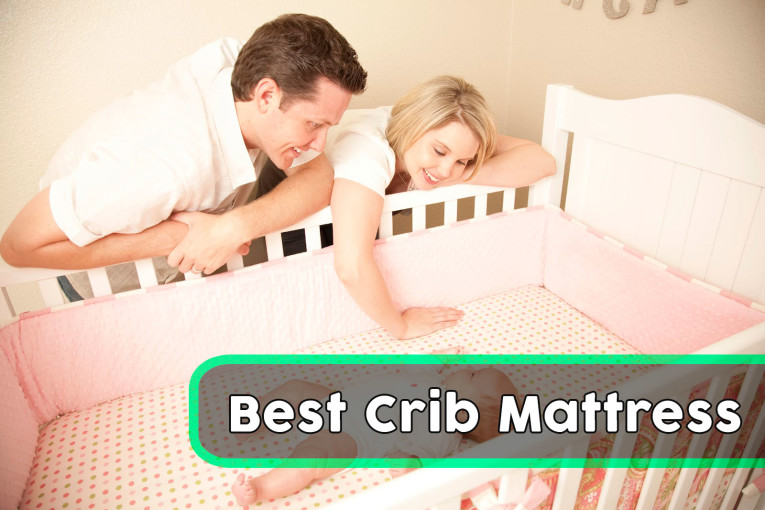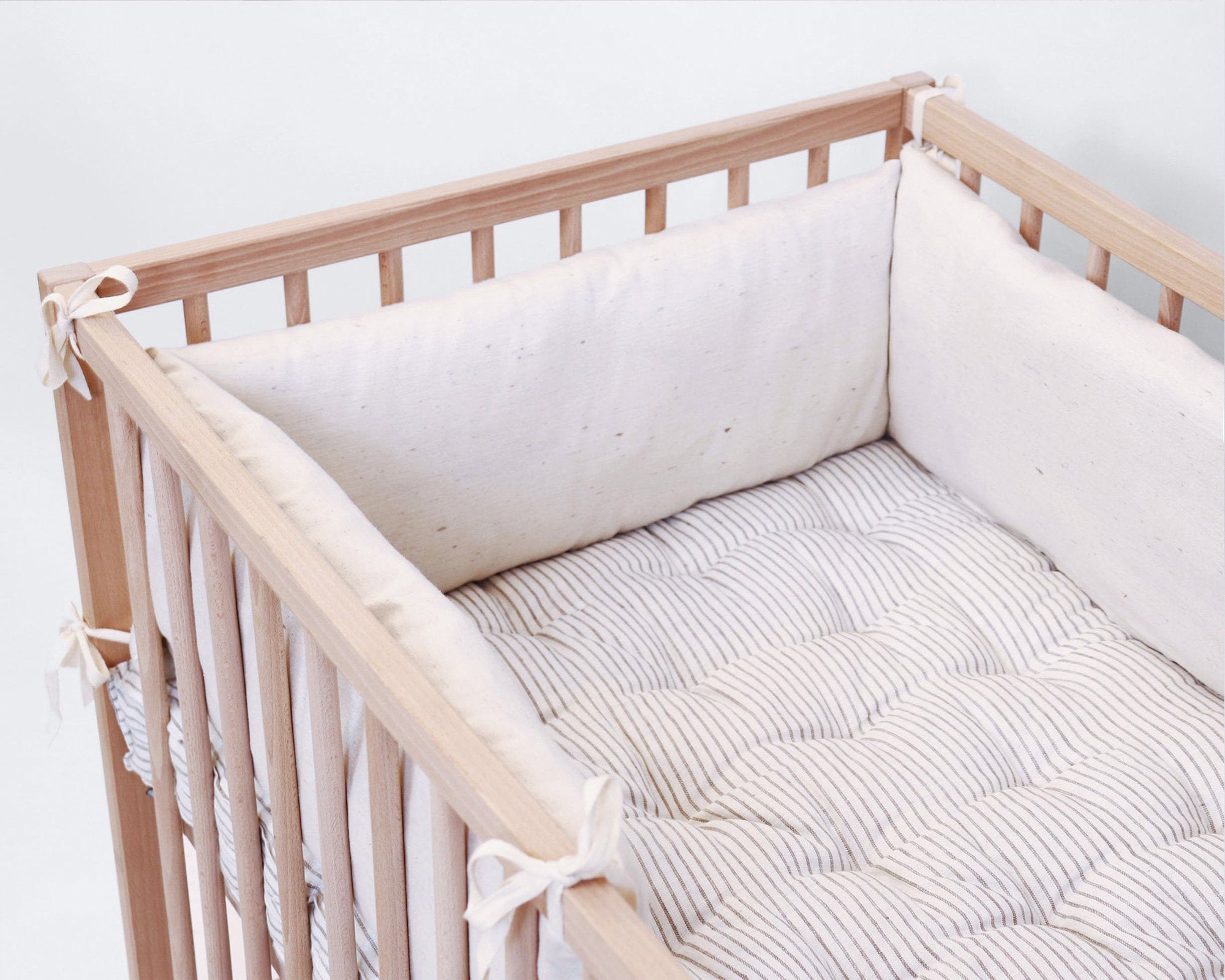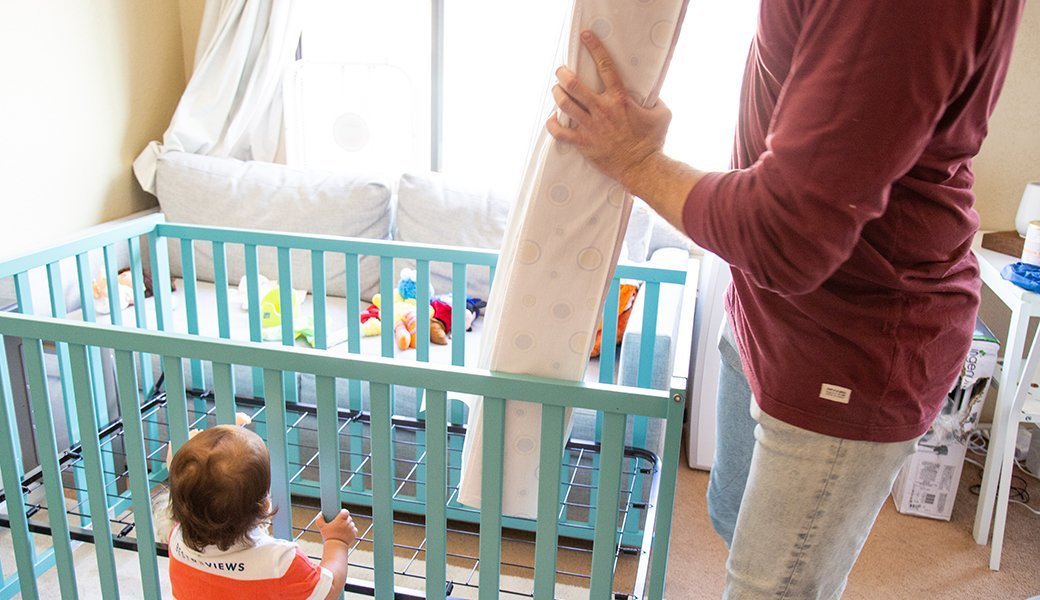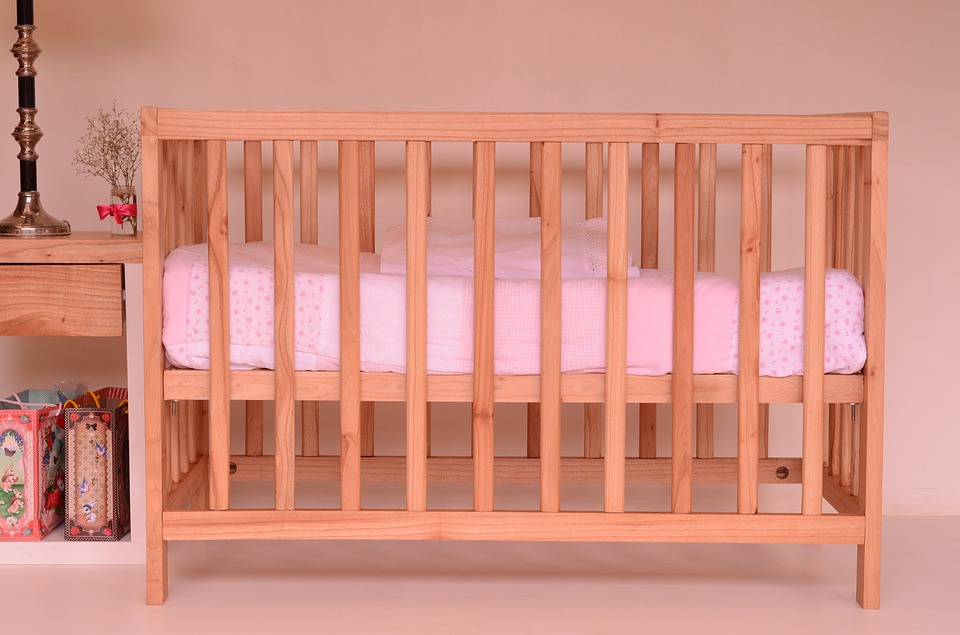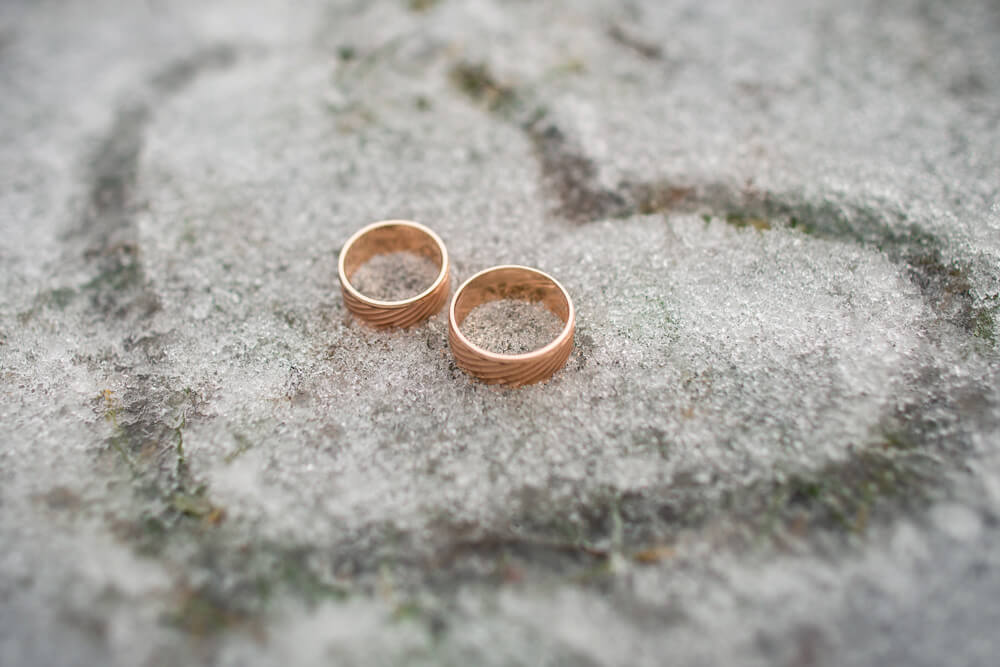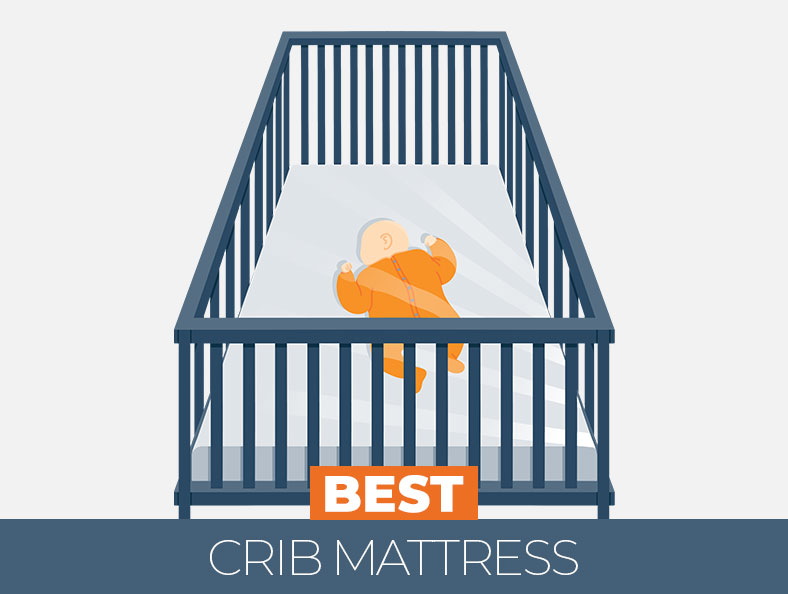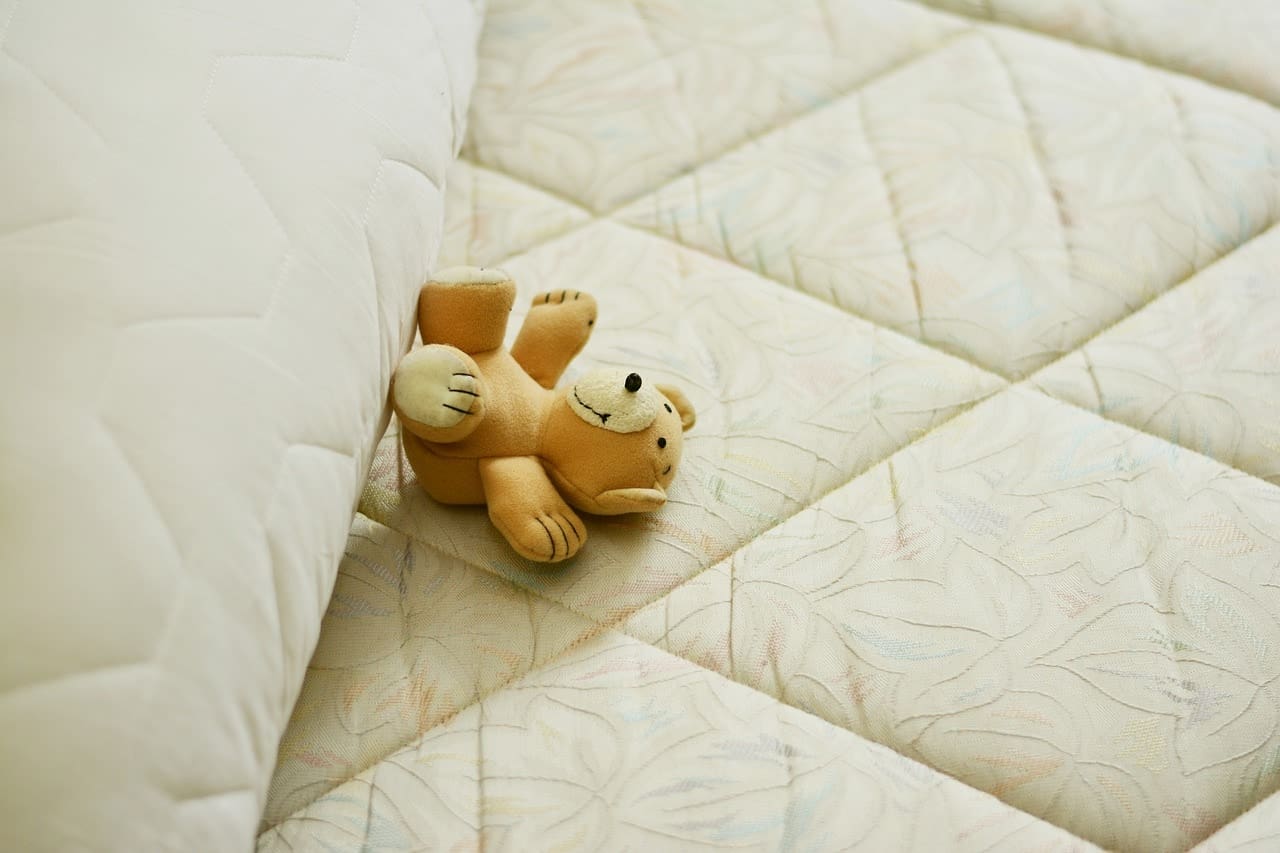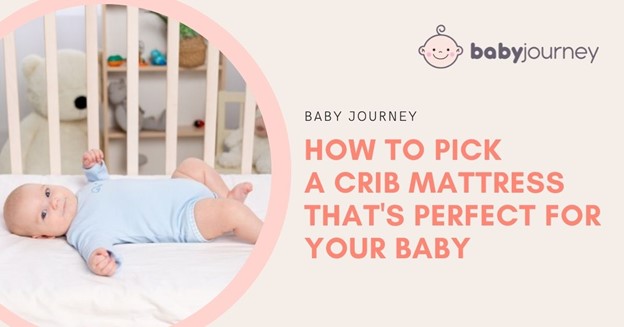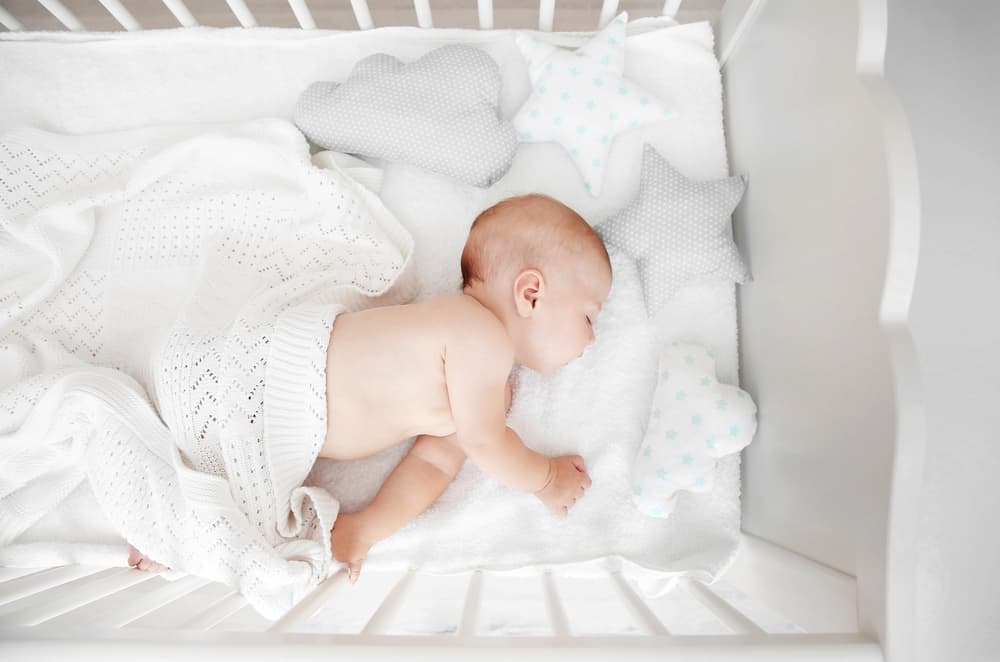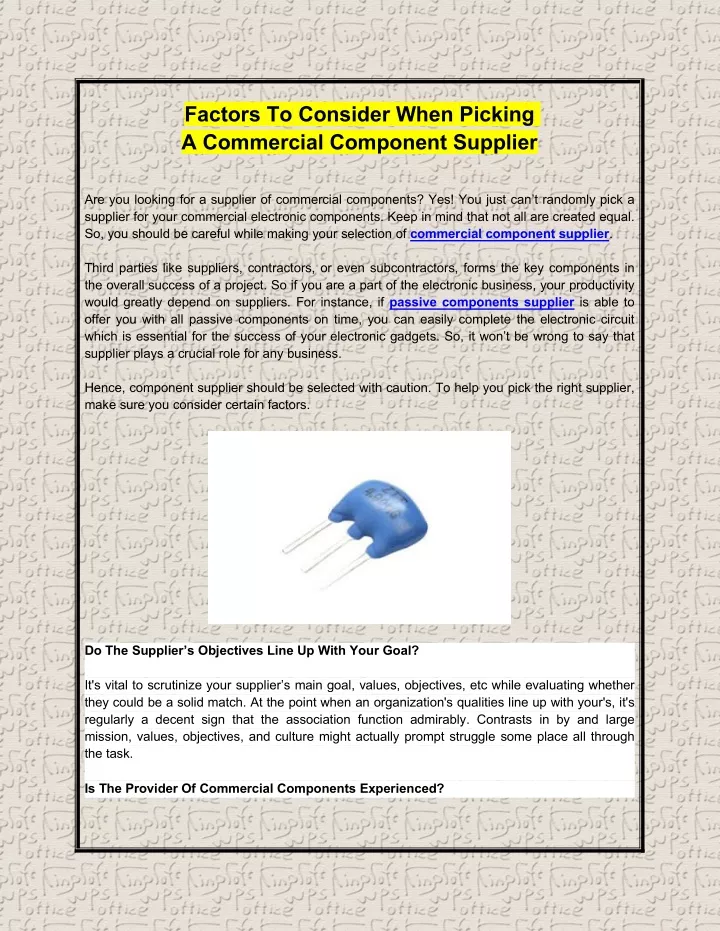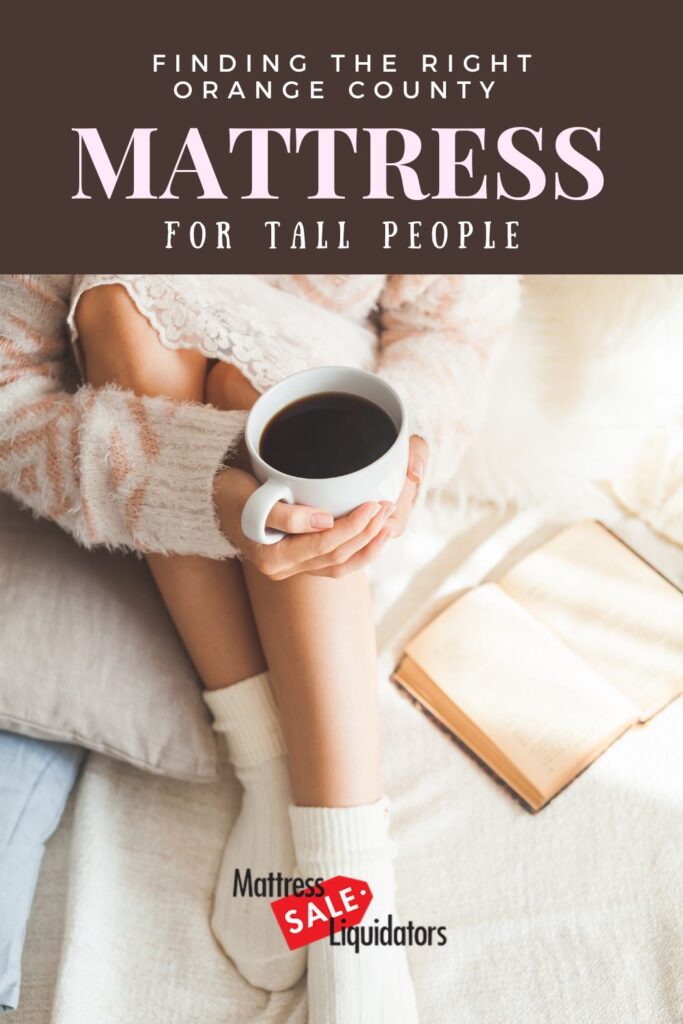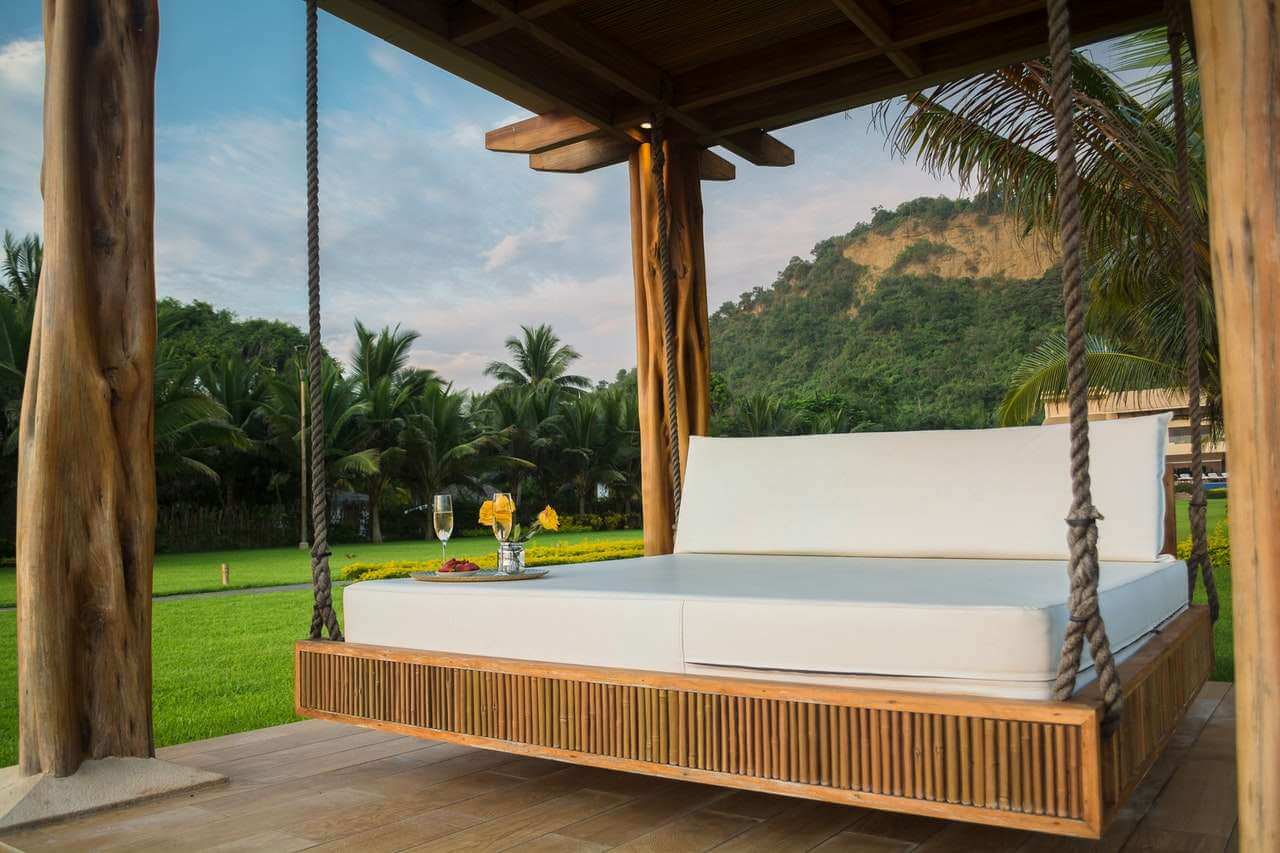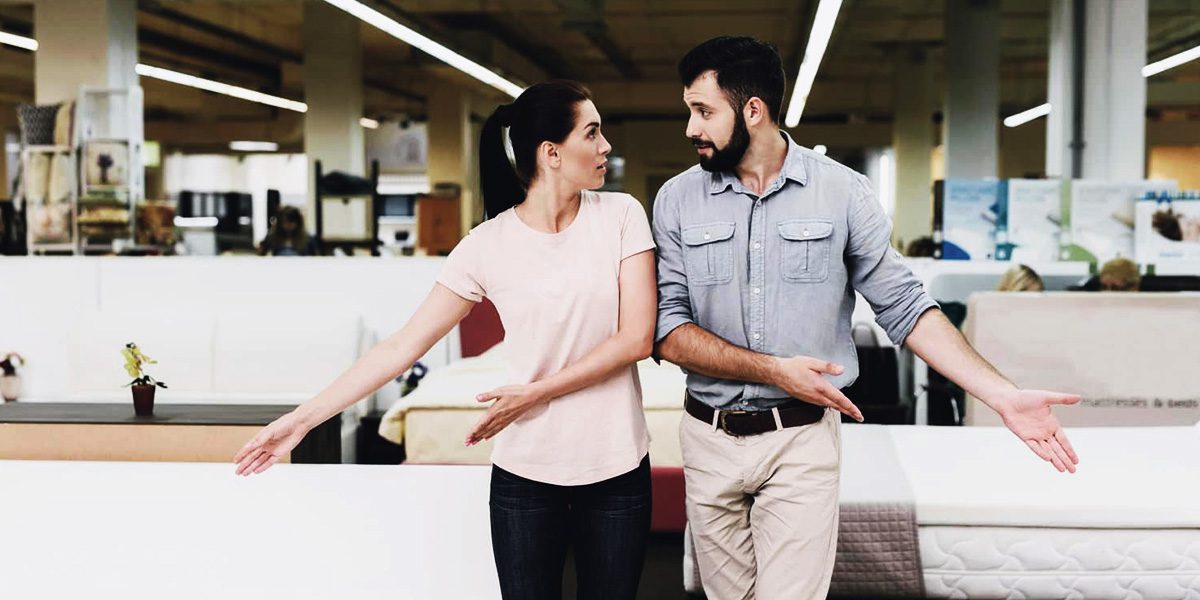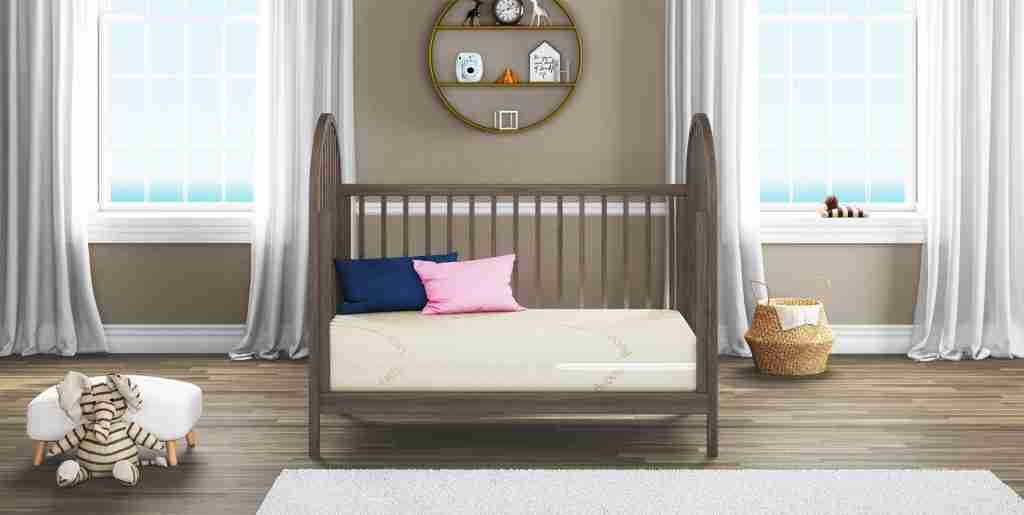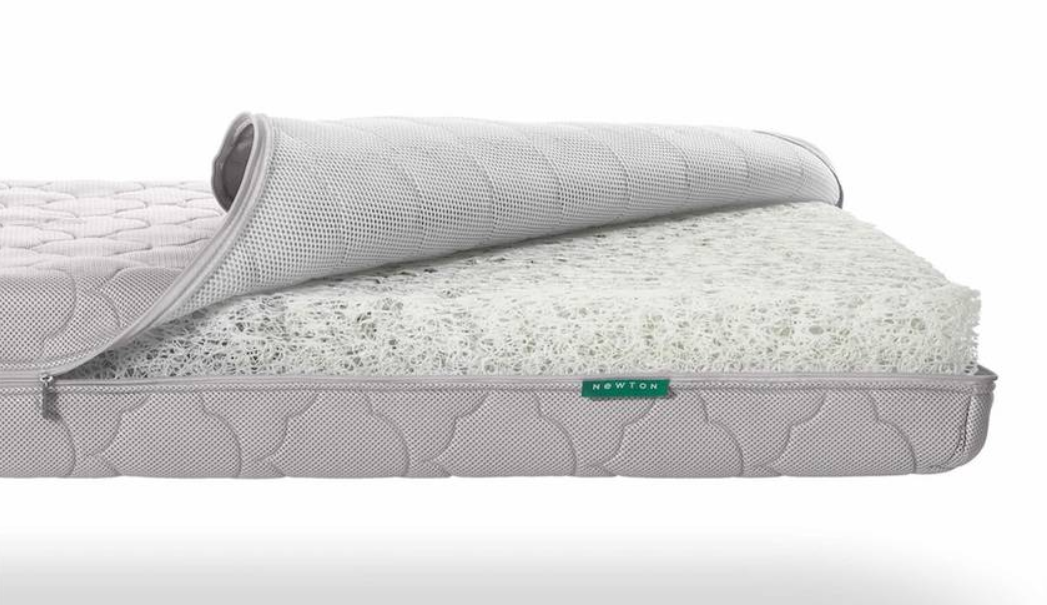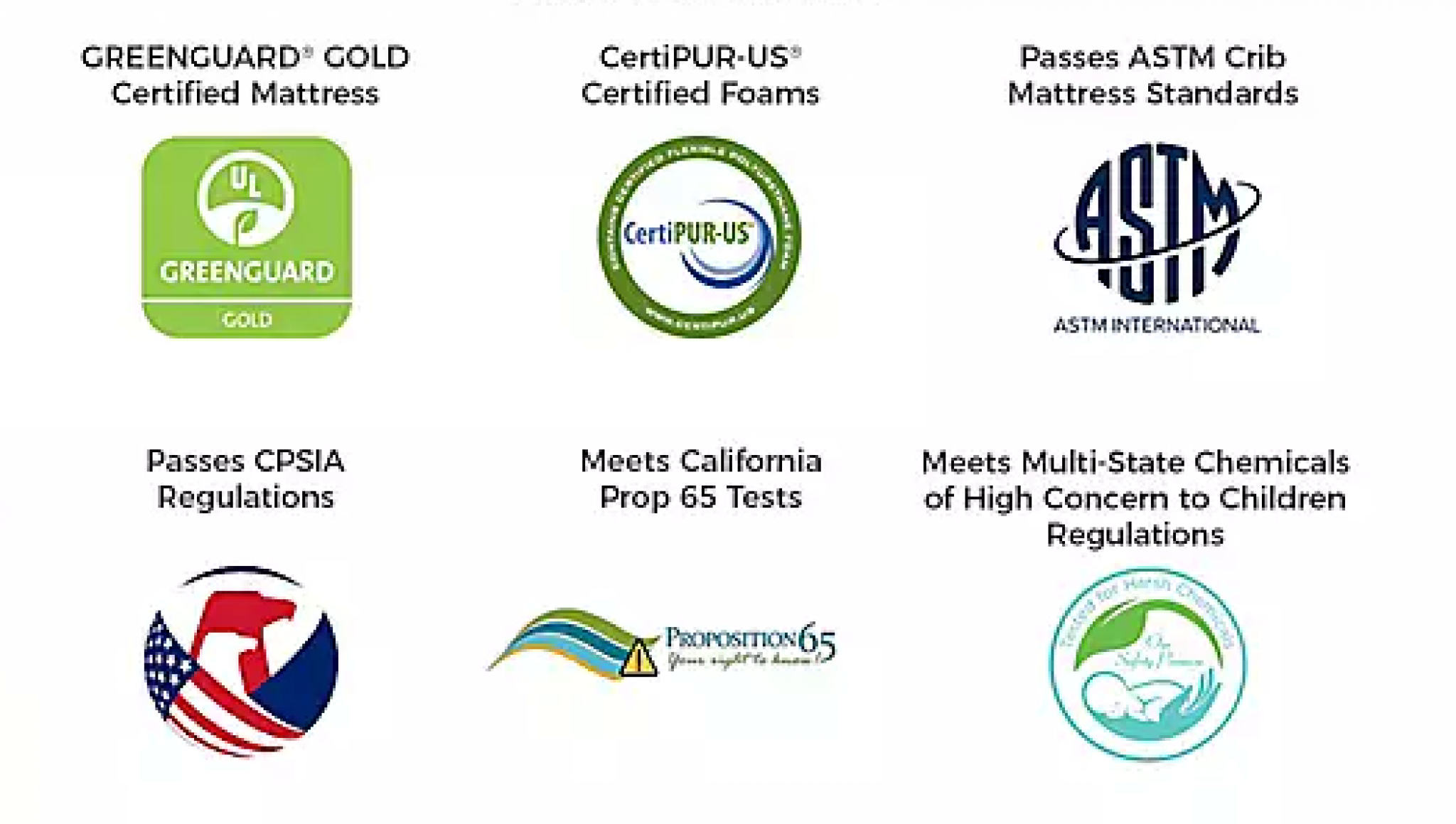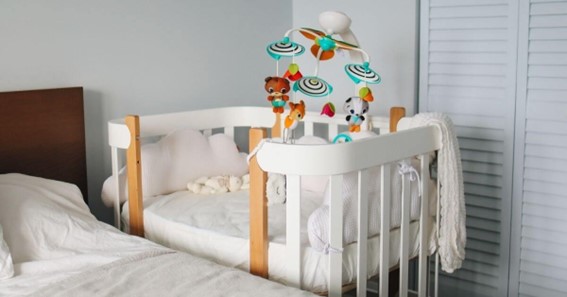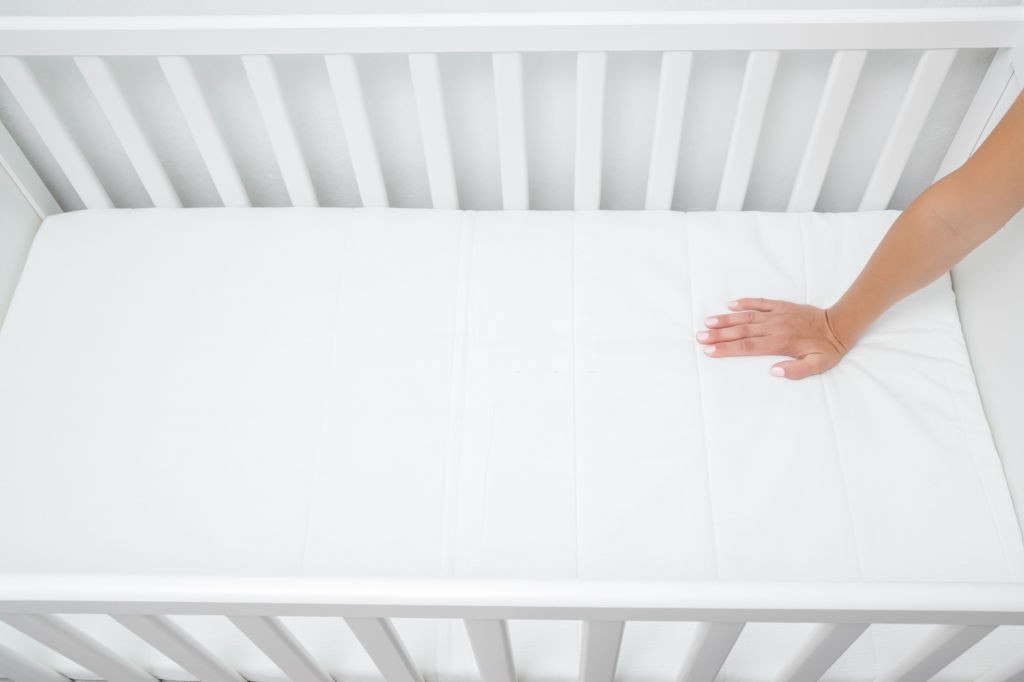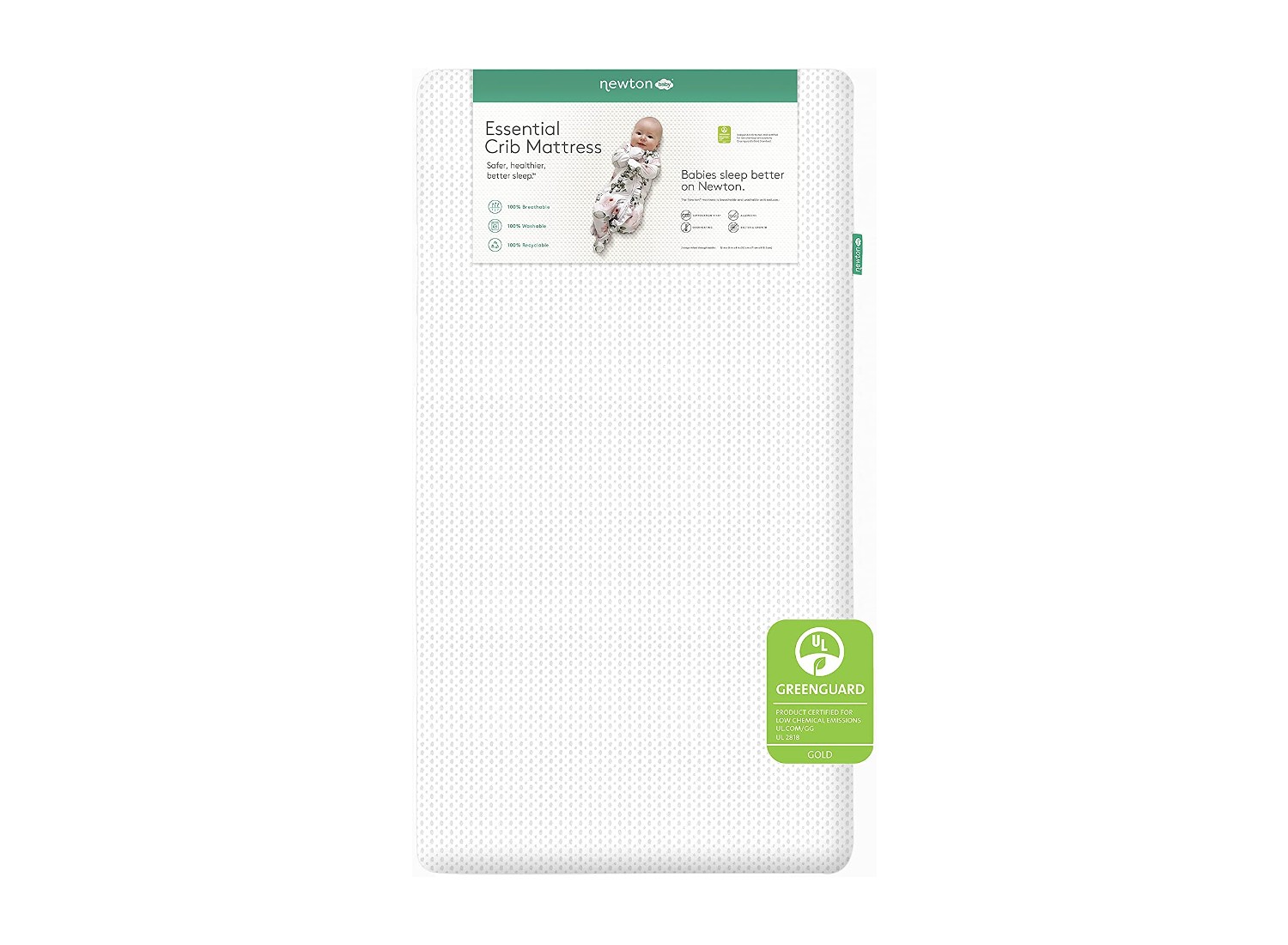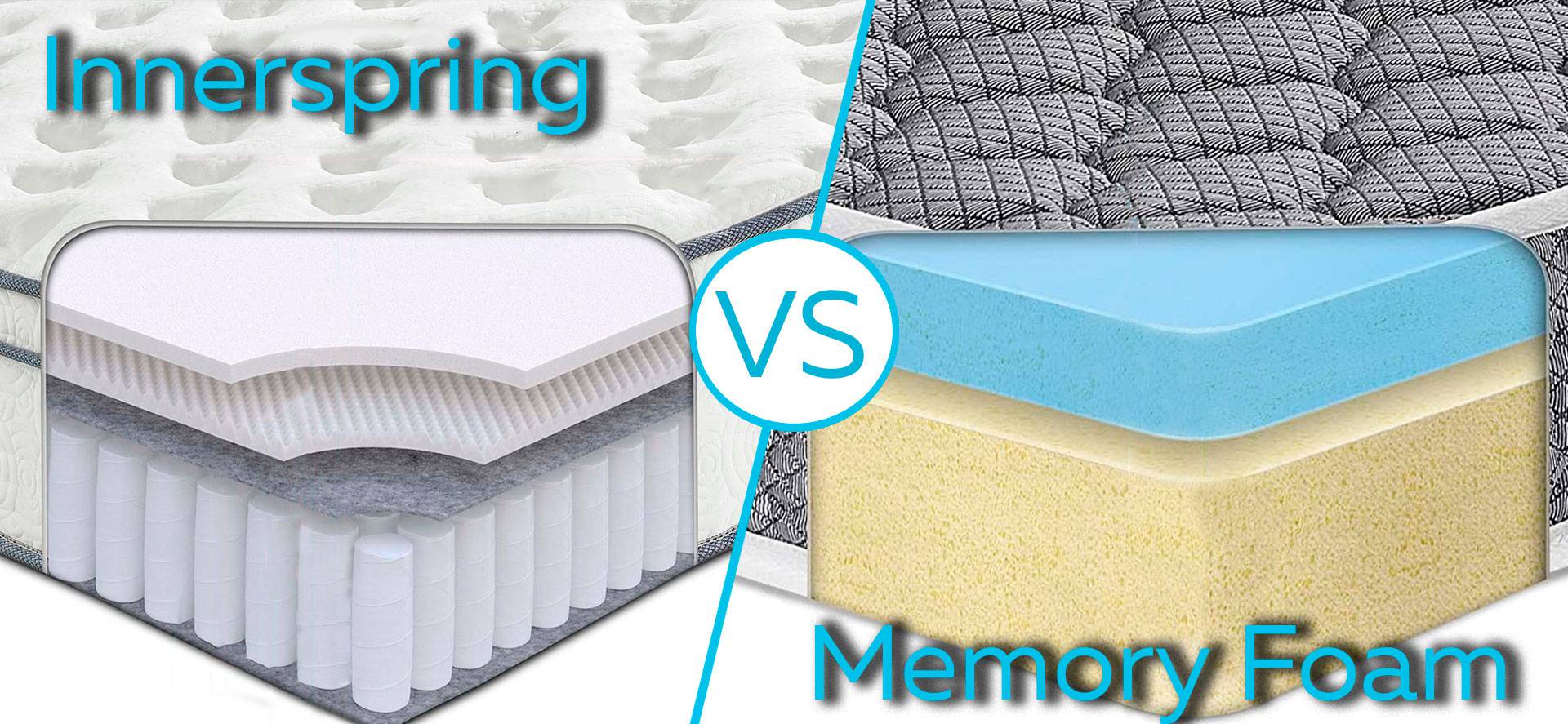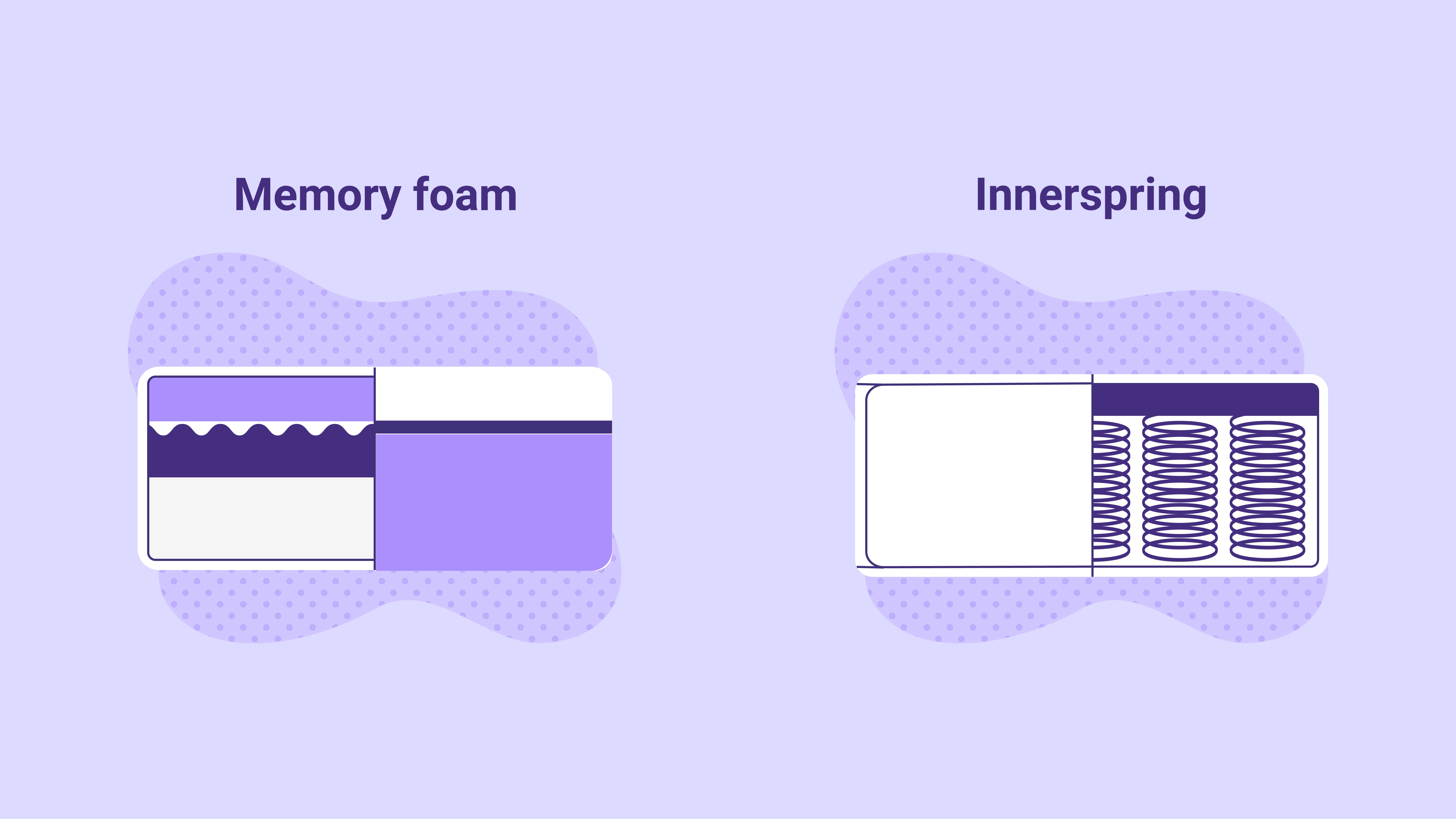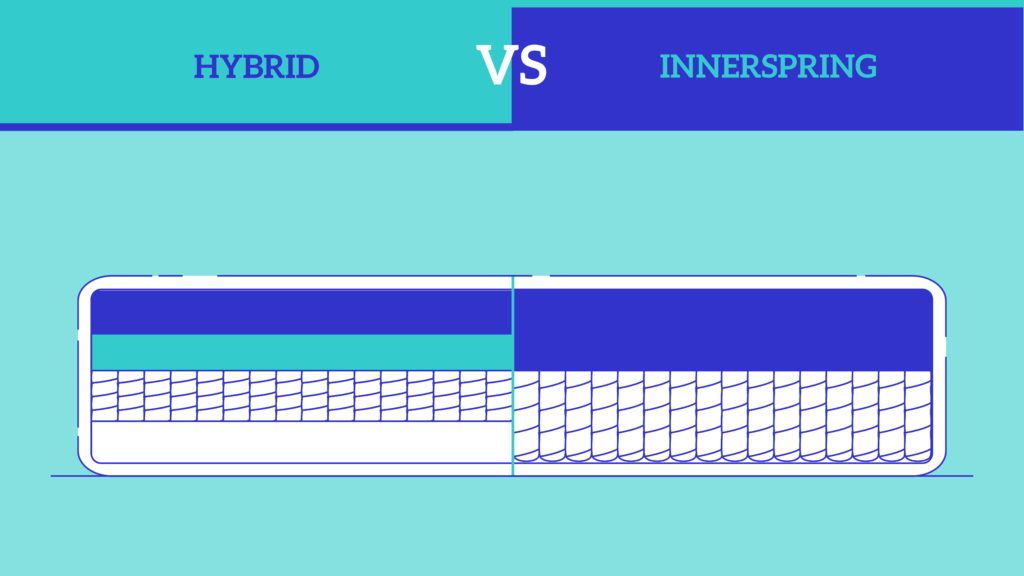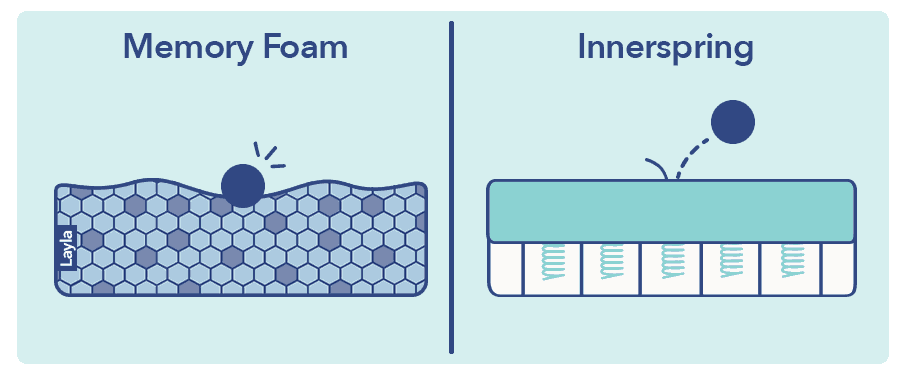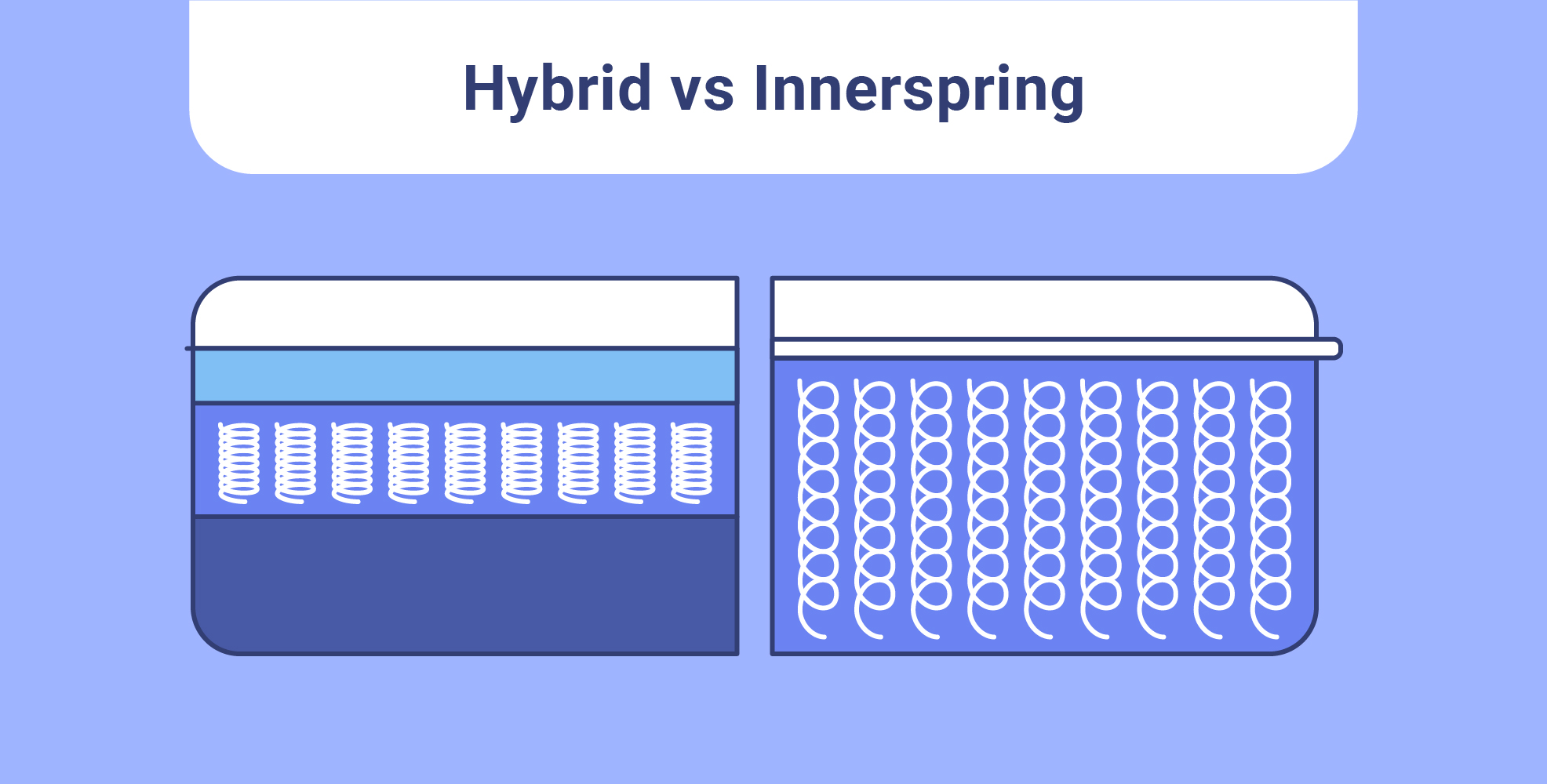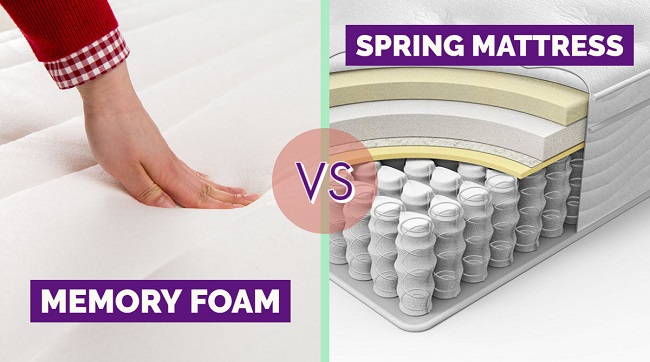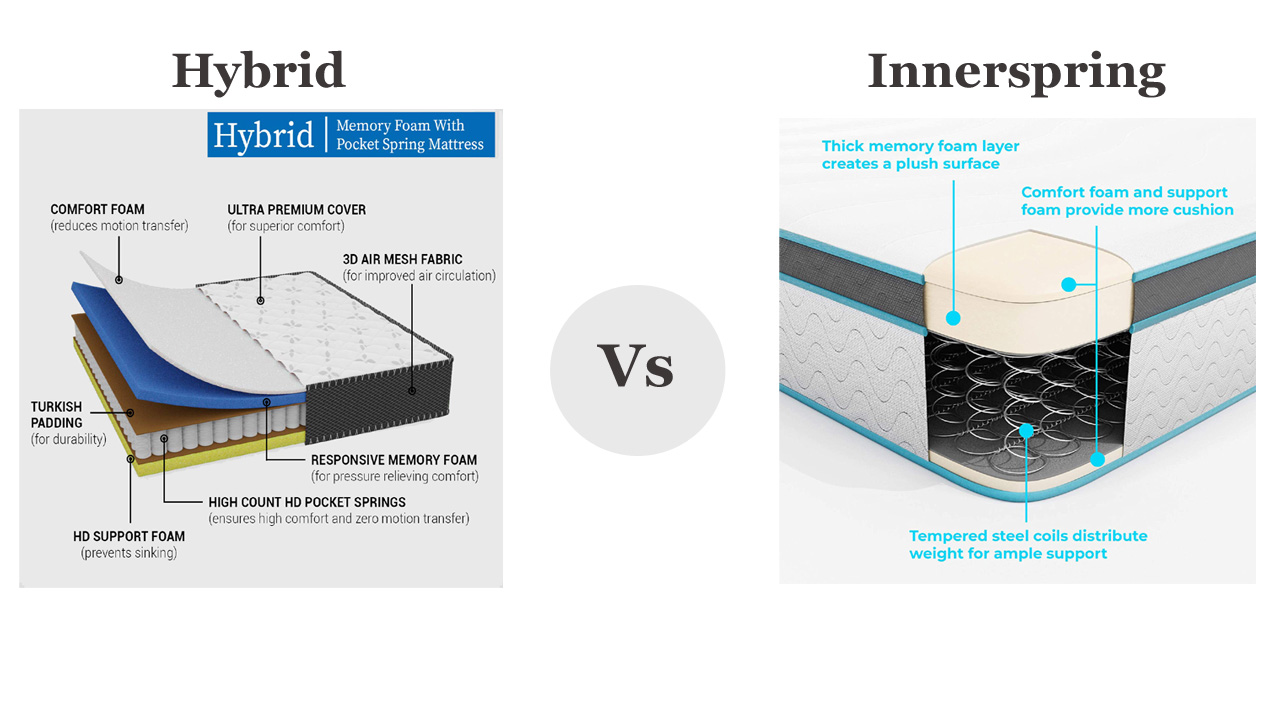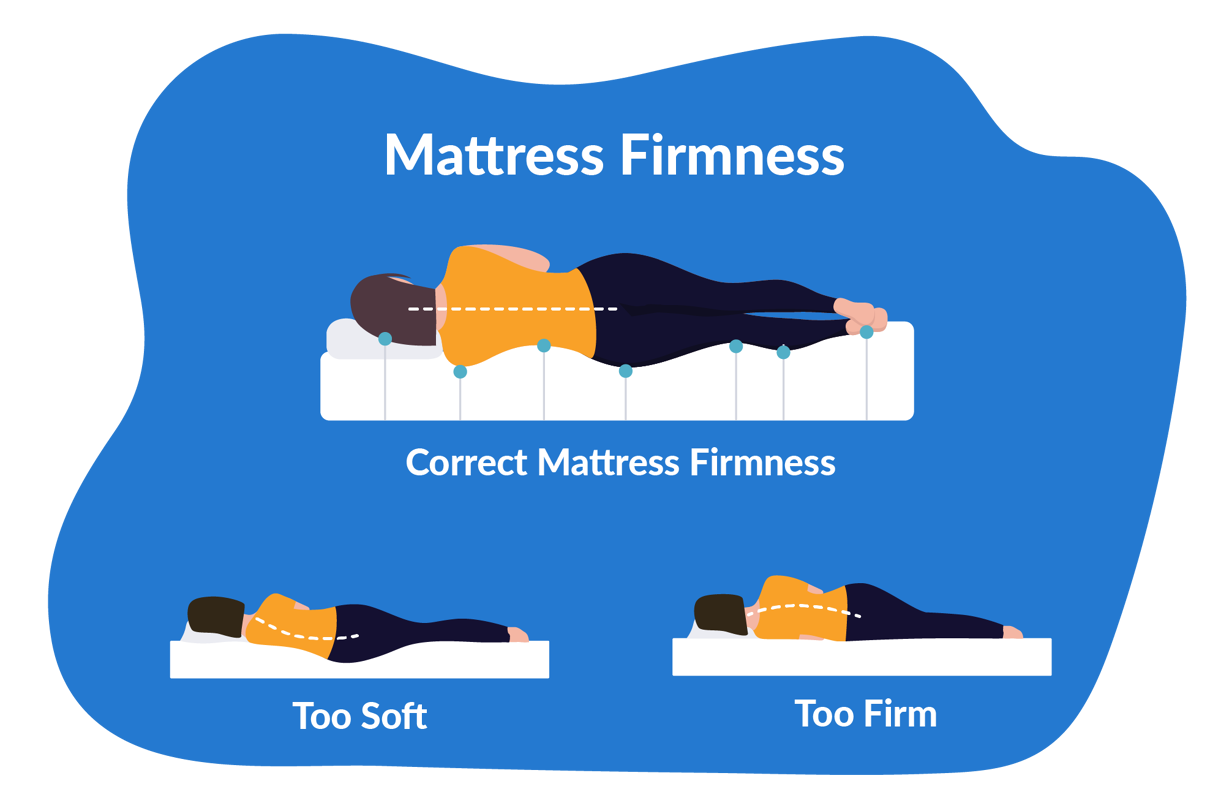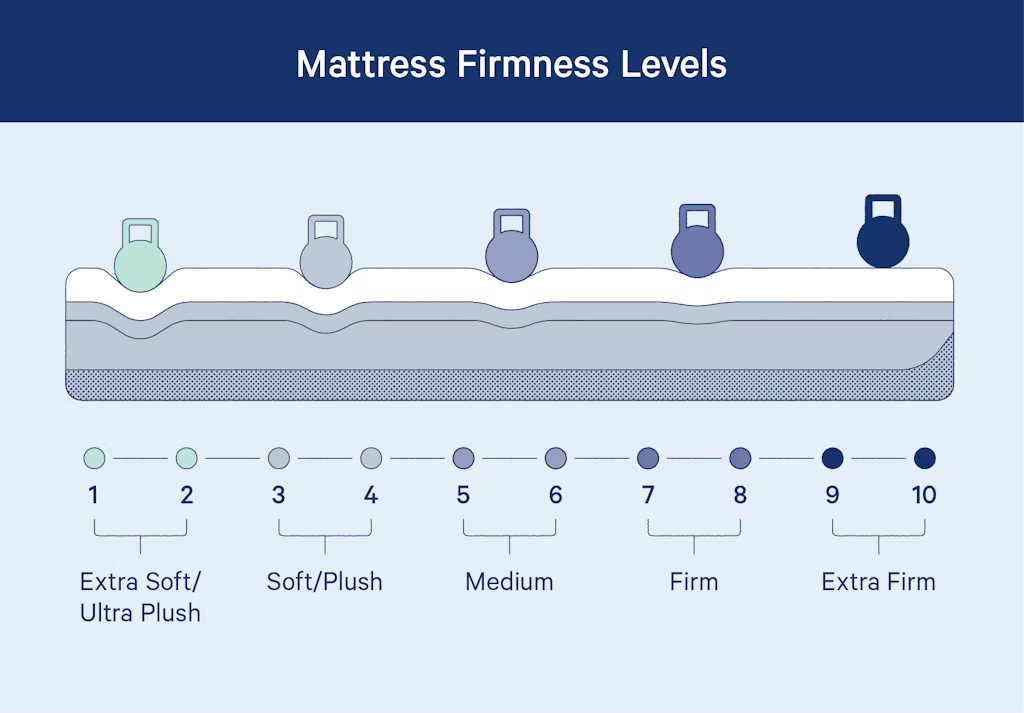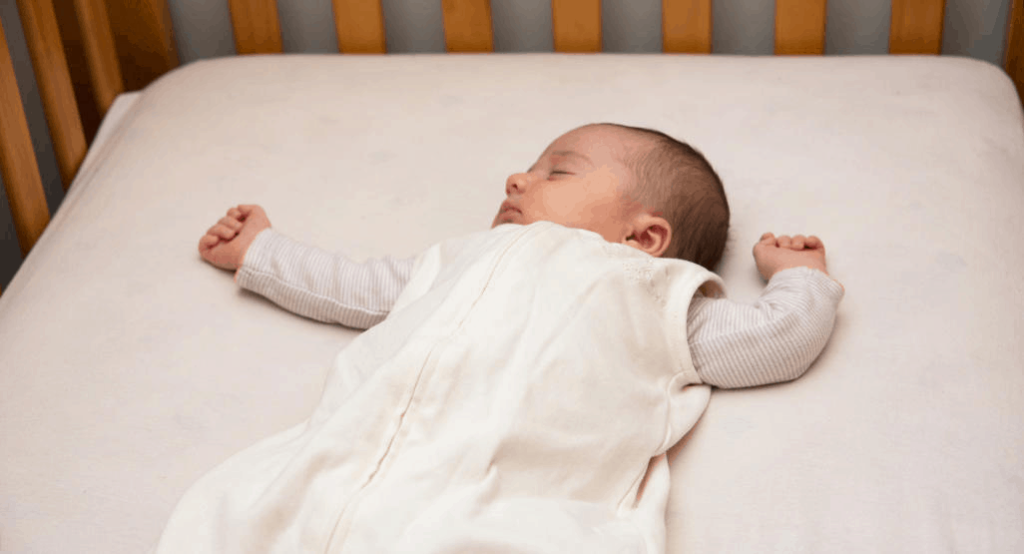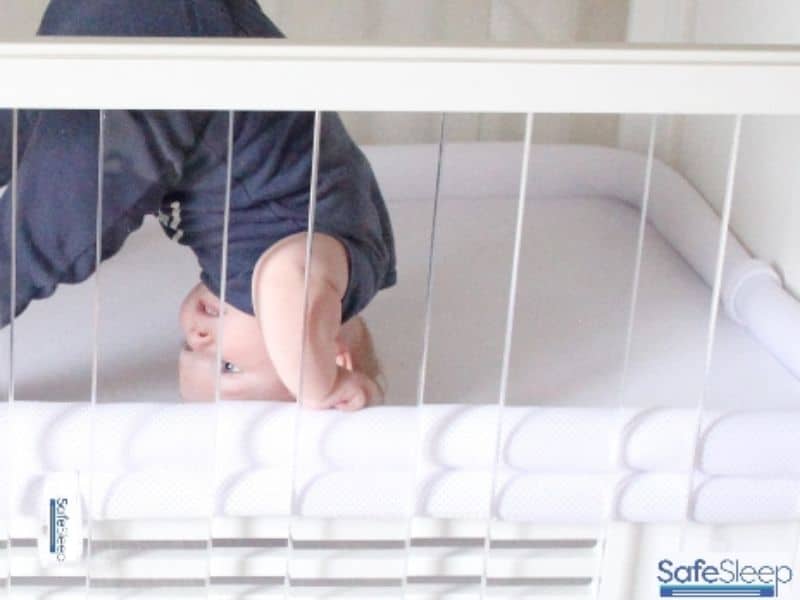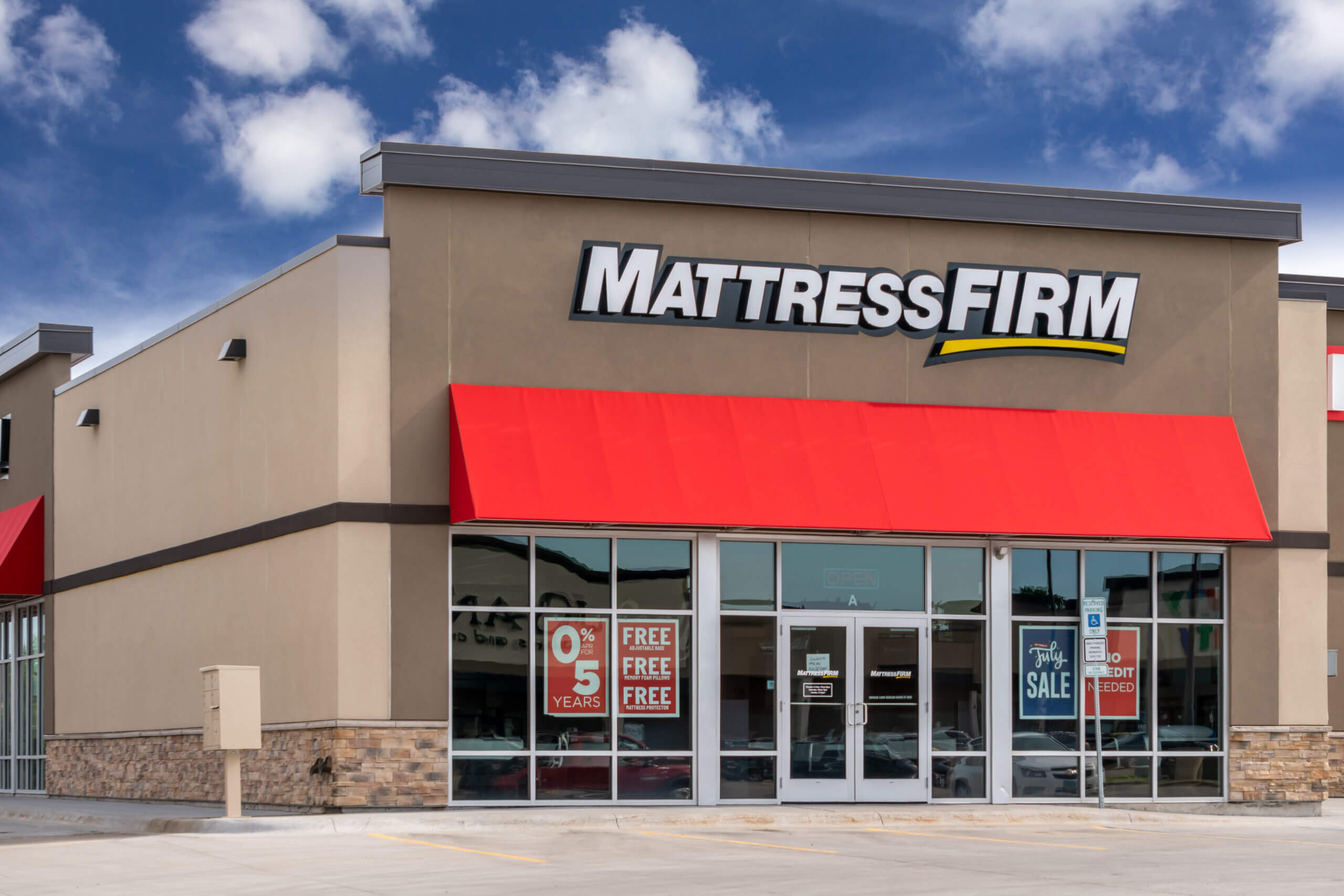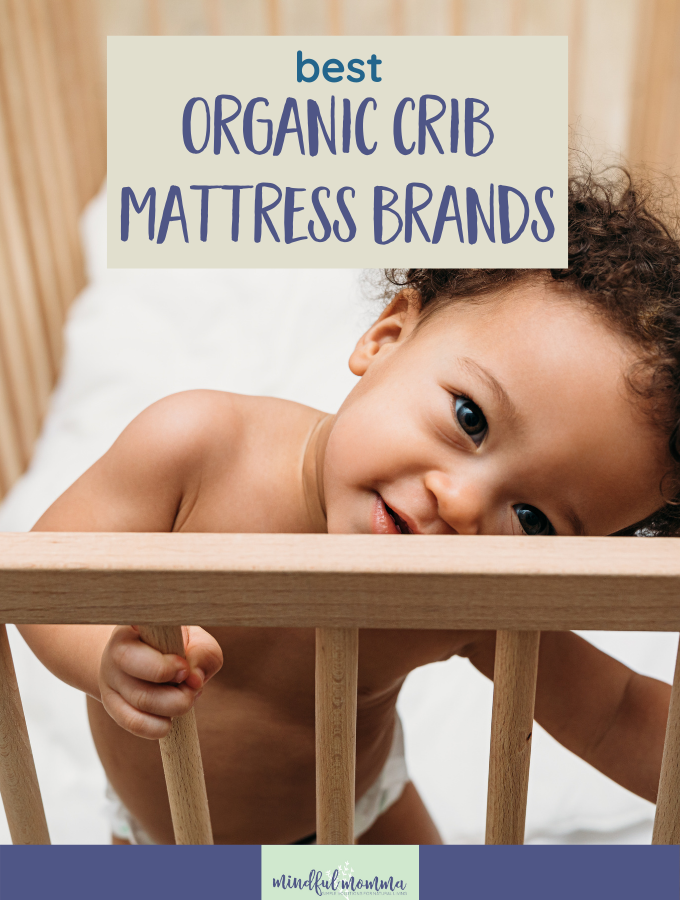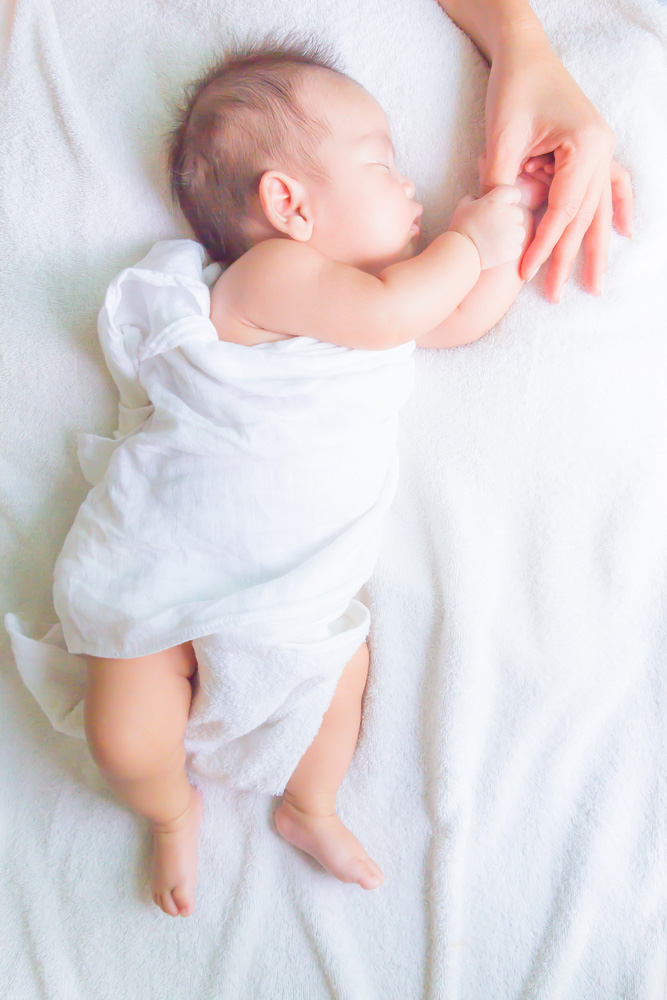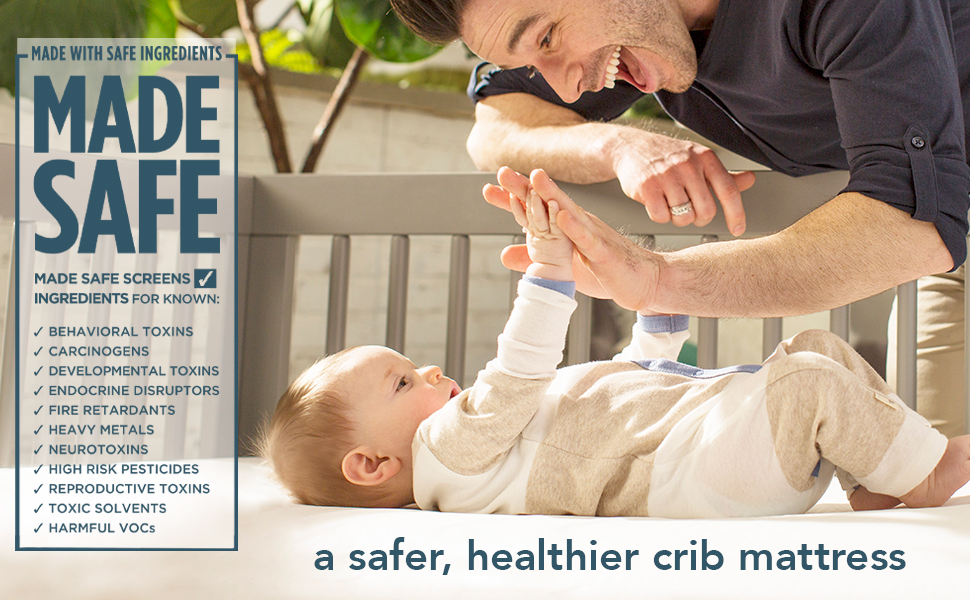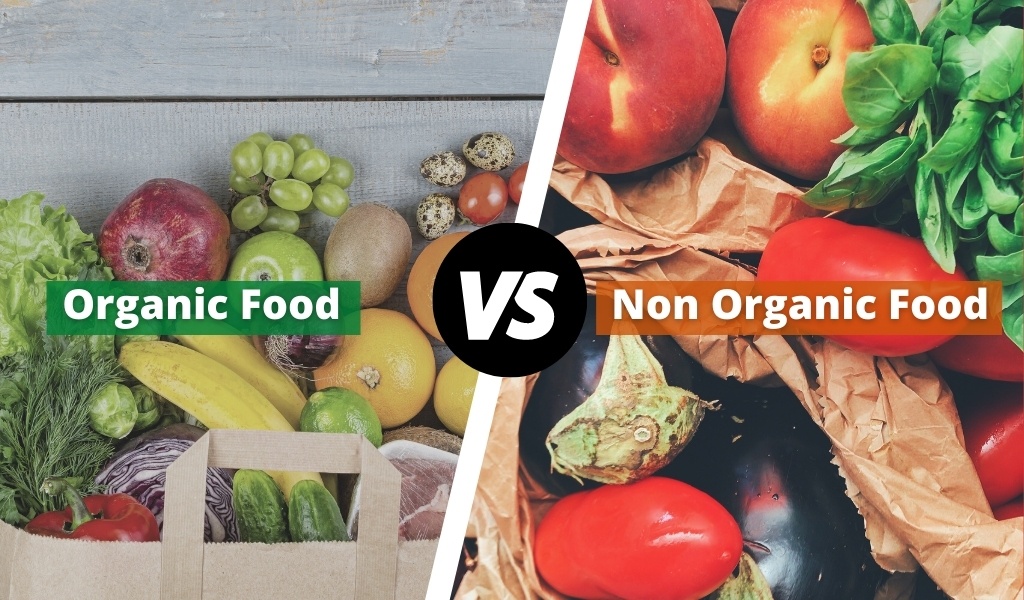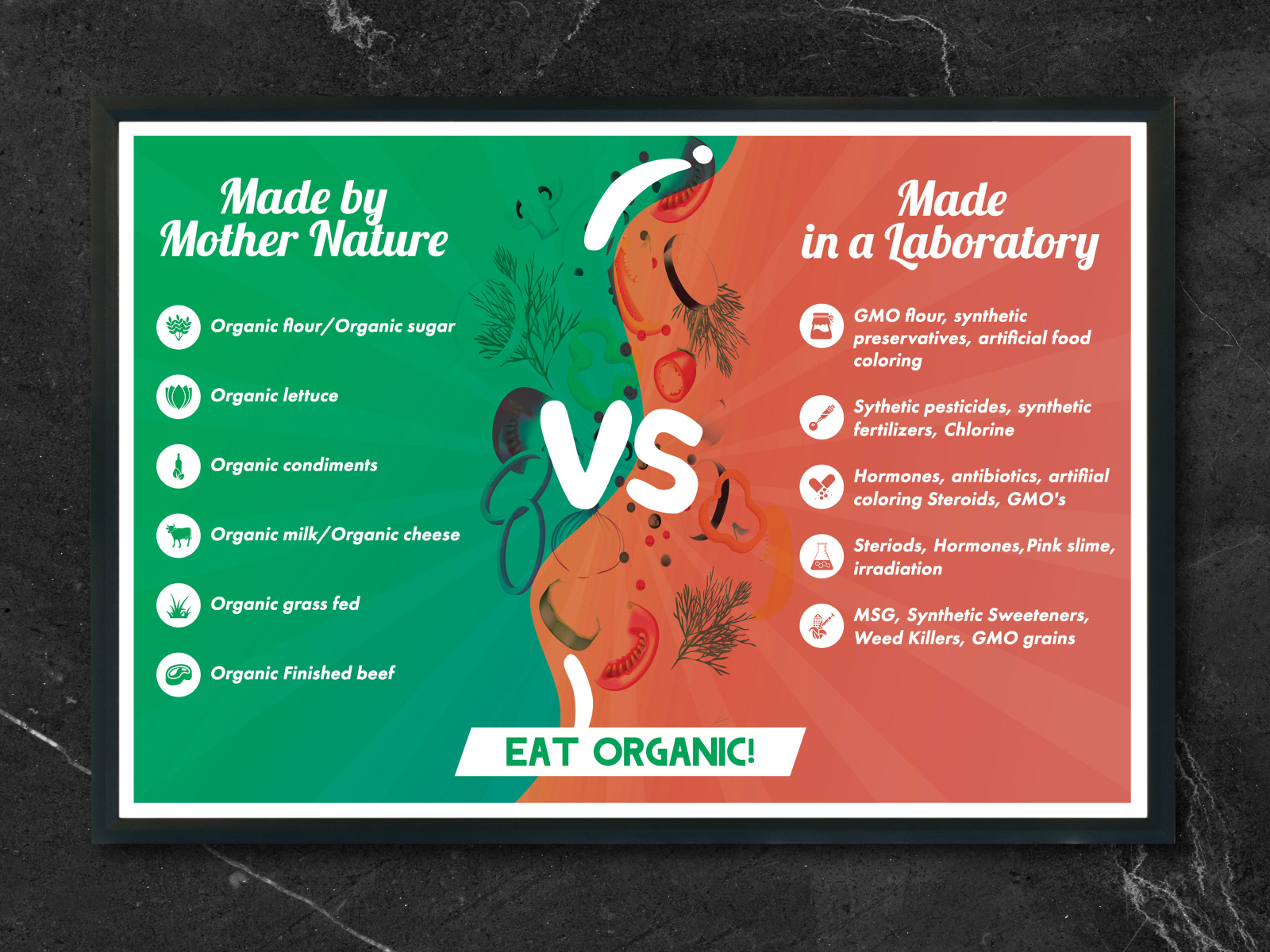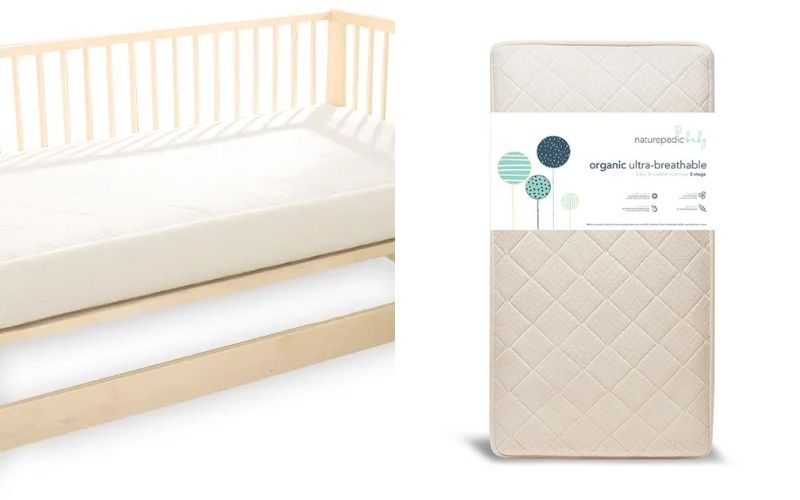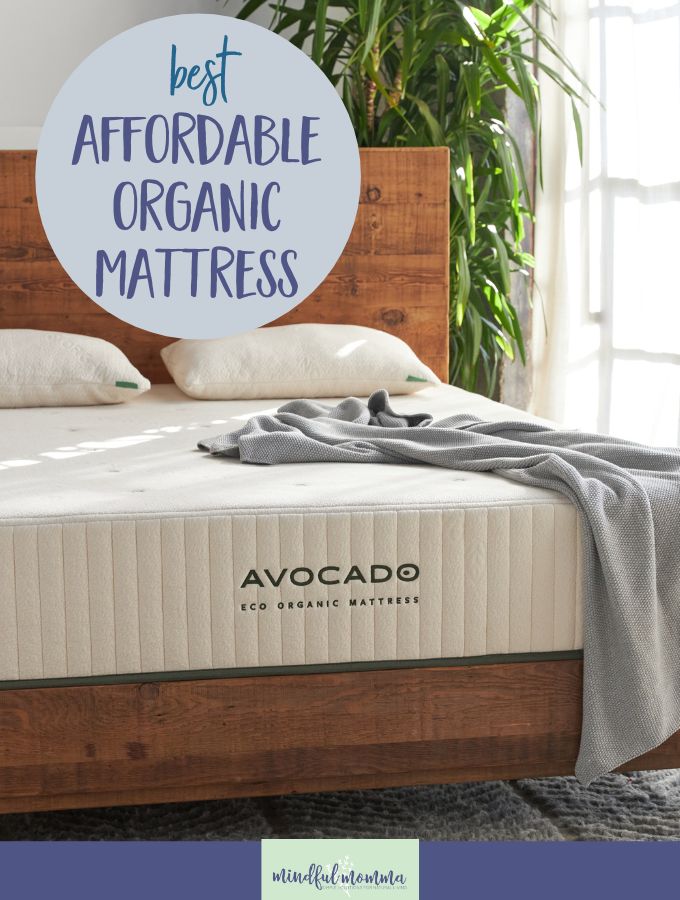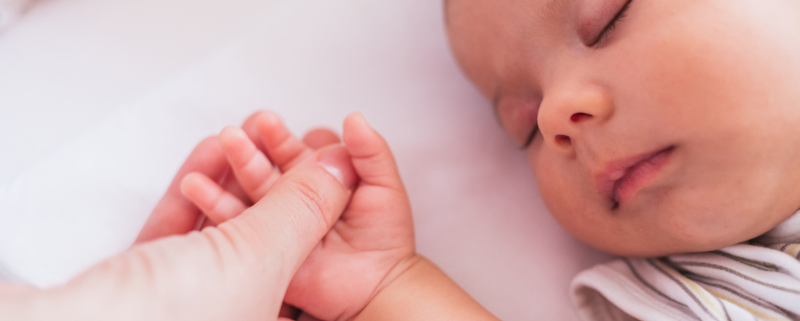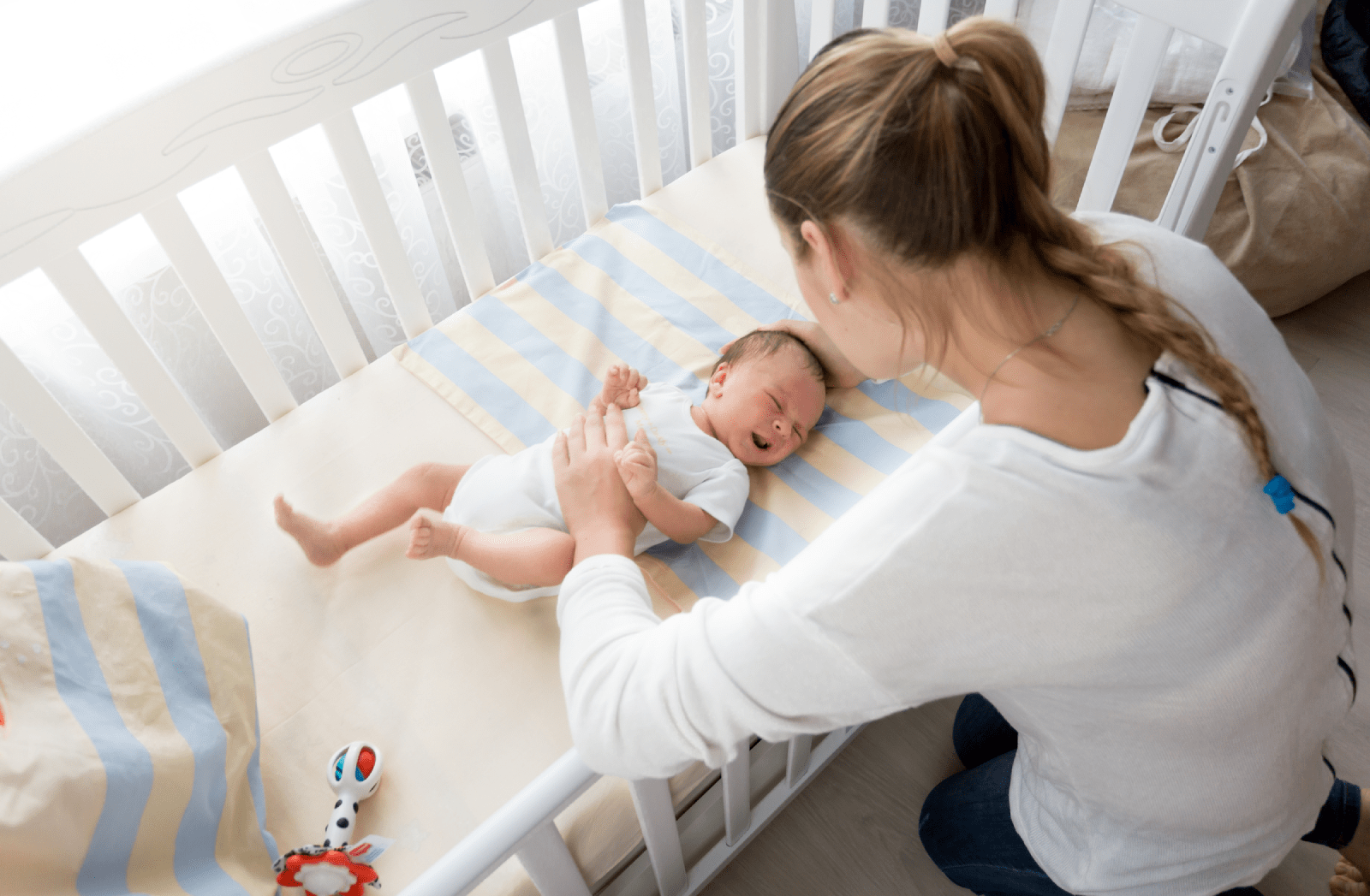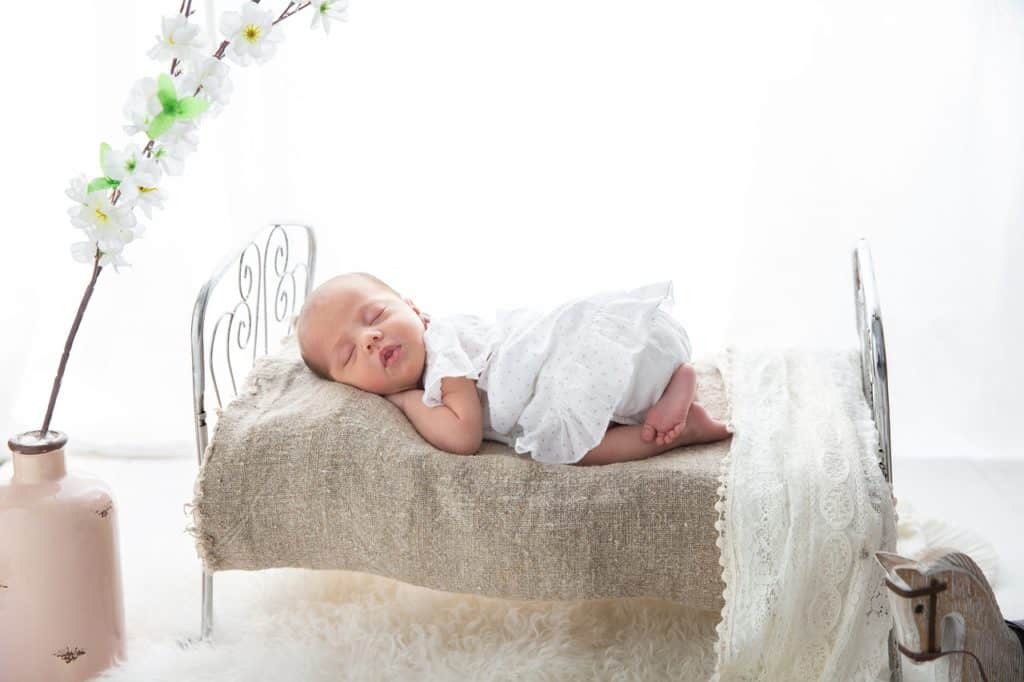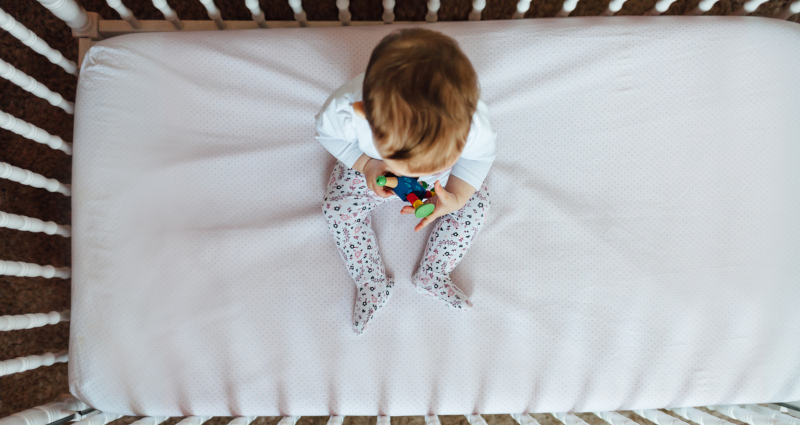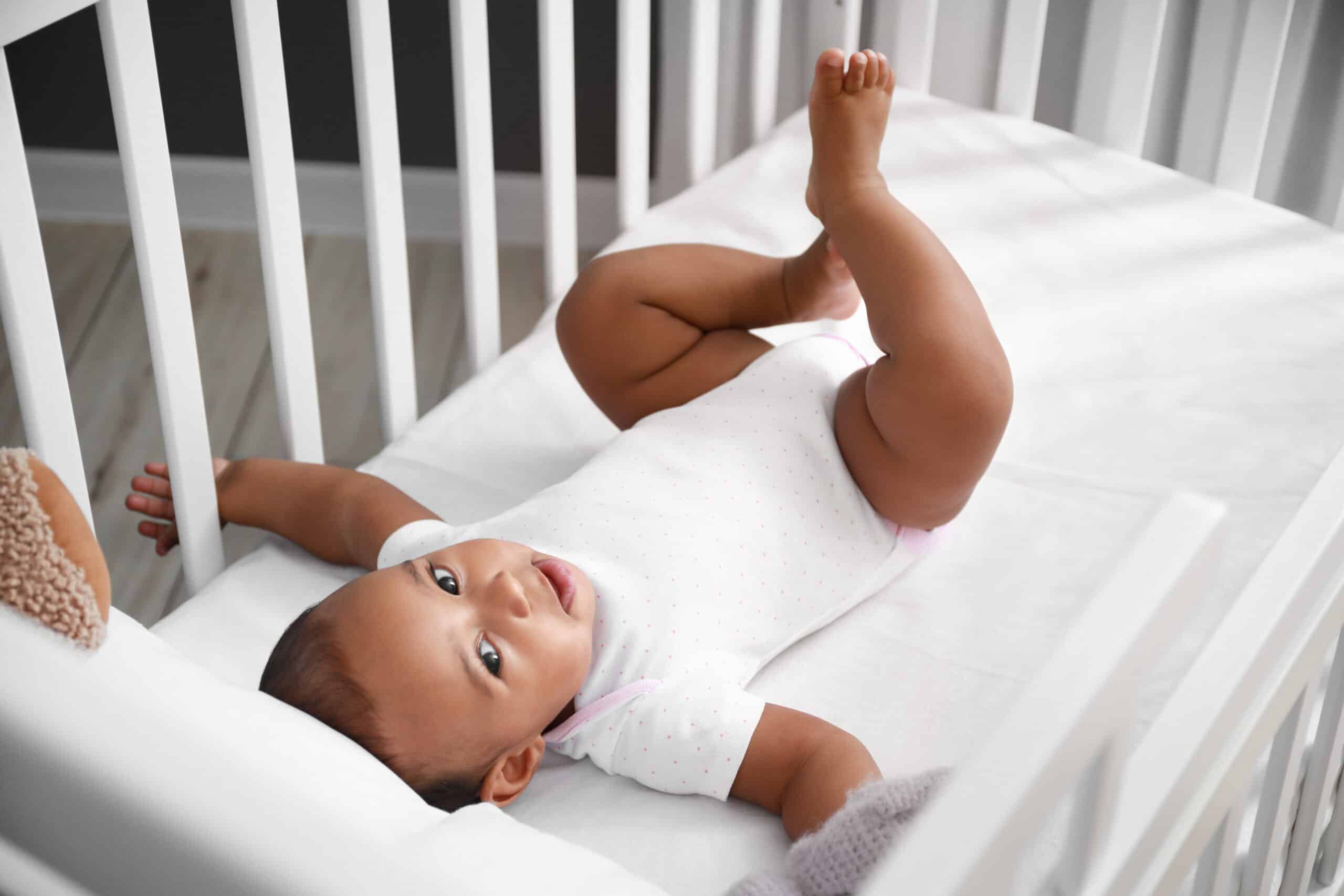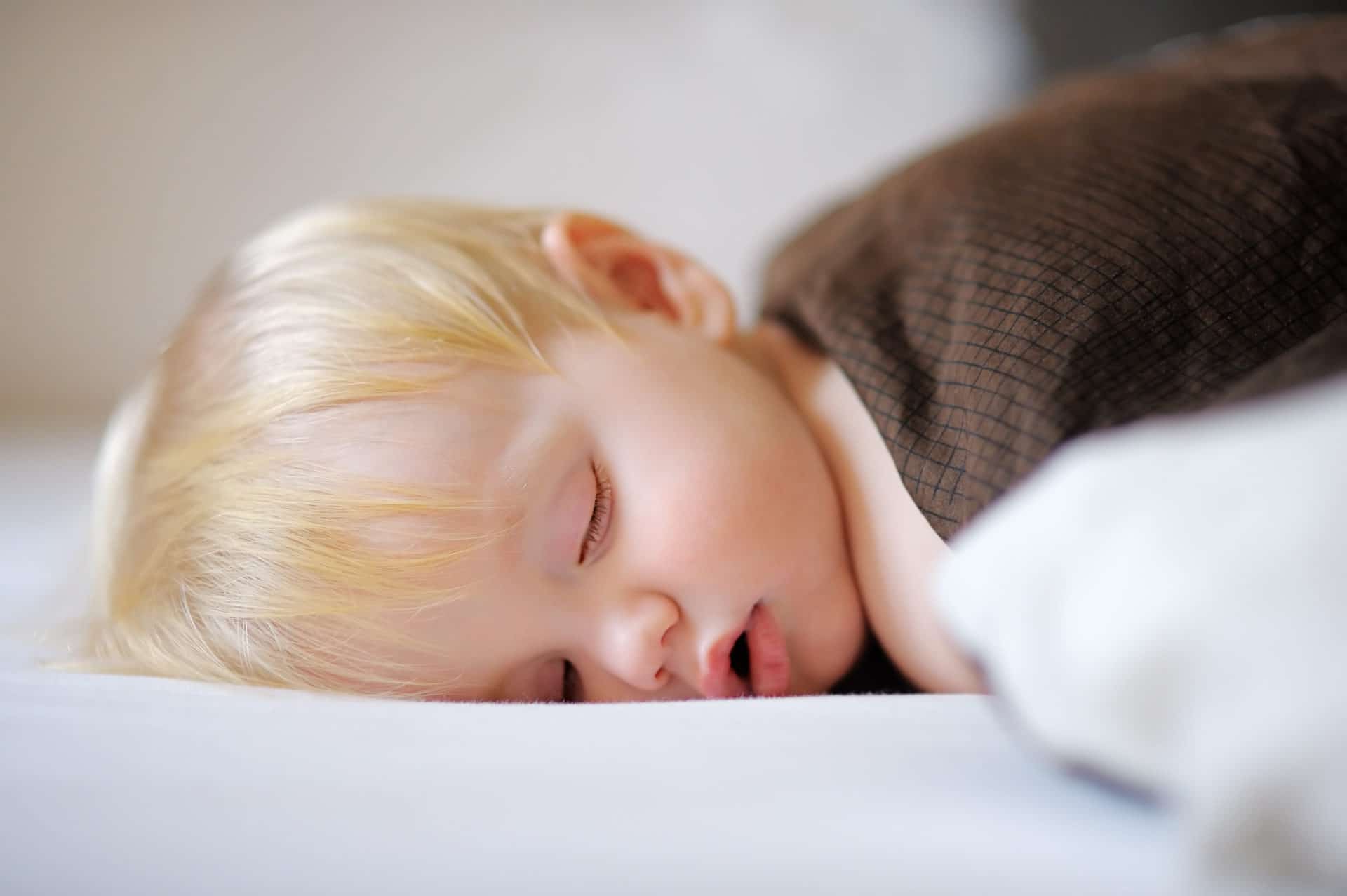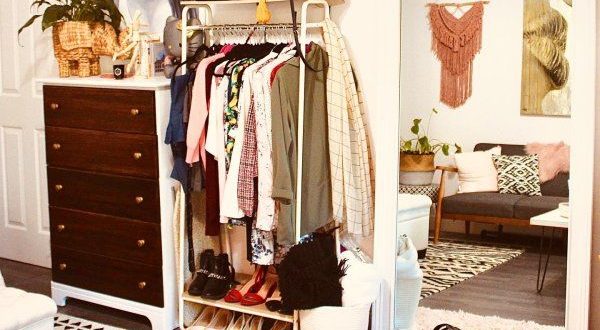How to Choose the Best Crib Mattress for Your Baby
Choosing a crib mattress for your baby may seem like a simple task, but with so many options available, it can quickly become overwhelming. After all, your little one will be spending a significant amount of time on their mattress during their first few years of life. That's why it's essential to pick a high-quality, comfortable, and safe crib mattress. Here are some tips to help you choose the best crib mattress for your baby.
The Ultimate Guide to Picking the Perfect Crib Mattress
When it comes to picking a crib mattress, there are a few key factors to consider. First, you'll want to make sure the mattress fits snugly into the crib with no gaps. This is crucial for your baby's safety. You'll also want to think about the firmness, material, and potential allergens of the mattress. Don't worry; we'll break down each of these factors in more detail so you can make an informed decision.
Factors to Consider When Picking a Crib Mattress
Firmness: While it may seem counterintuitive, a firm mattress is actually the best option for your baby. Infants need a firm surface to support their growing bodies and reduce the risk of suffocation. A good rule of thumb is to pick a mattress that doesn't indent when your baby is lying on it. You can test this by pressing on the center and edges of the mattress.
Material: The two most common materials for crib mattresses are foam and innerspring. Foam mattresses are usually lighter and more affordable, while innerspring mattresses tend to be more durable and have better support. Ultimately, the choice between the two will depend on your personal preference and budget.
Allergens: If your baby has allergies or sensitivities, you may want to consider an organic mattress made from natural materials, such as cotton or wool. These materials are less likely to contain harsh chemicals or irritants that could potentially harm your little one.
Top 10 Tips for Picking the Right Crib Mattress
What to Look for When Picking a Crib Mattress
Aside from the factors mentioned above, there are a few other things to keep in mind when picking a crib mattress for your baby. These include the cover, ventilation, and breathability of the mattress. Look for a cover that is easy to remove and wash, as well as good ventilation to keep your baby comfortable and safe while sleeping.
The Dos and Don'ts of Picking a Crib Mattress
Do: Choose a firm mattress that fits snugly in the crib and meets safety standards. Consider your baby's allergies and sensitivities when picking a material and look for certifications and good reviews.
Don't: Buy a used mattress, neglect to measure your crib, or skimp on safety certifications. Remember, your baby's safety and comfort should be the top priorities when picking a crib mattress.
Picking a Crib Mattress: Foam vs. Innerspring
Foam: Foam mattresses are usually made from polyurethane or polyester and are known for being lightweight and affordable. They are also easy to find in a variety of firmness levels. However, they may not be as durable as innerspring mattresses and may not provide enough support for heavier babies.
Innerspring: Innerspring mattresses are made from coils and have a layer of foam or other material on top. They tend to be more durable and have better support, making them a popular choice among parents. However, they can be more expensive and heavier than foam mattresses.
How Firm Should a Crib Mattress Be? Tips for Picking the Right Level of Firmness
The level of firmness in a crib mattress is crucial for your baby's safety and development. As mentioned earlier, a firm mattress is recommended to reduce the risk of suffocation and provide proper support for your baby's growing body. When testing a mattress, remember that it should not indent when your baby is lying on it. Additionally, if you can fit more than two fingers between the mattress and the crib, it's not a good fit.
Picking a Crib Mattress: Organic vs. Non-Organic Options
Organic: Organic crib mattresses are made from natural materials, such as cotton, wool, or latex, and are free from harsh chemicals and irritants. This can be a great option for babies with allergies or sensitivity to chemicals. However, they may be more expensive than non-organic options.
Non-organic: Non-organic crib mattresses are made from synthetic materials and may contain chemicals that could potentially harm your baby. However, they are typically more affordable and easier to find. If you choose a non-organic option, make sure to look for certifications and check the materials used to ensure they are safe for your baby.
The Importance of Picking a Safe and Non-Toxic Crib Mattress
When it comes to your baby's health and safety, there should be no compromise. That's why it's crucial to pick a crib mattress that is free from harmful chemicals and toxins. These chemicals can off-gas and potentially harm your baby's respiratory system, cause allergies, or even affect their development. When picking a crib mattress, always look for certifications and read reviews to ensure you are choosing a safe and non-toxic option for your little one.
With these tips in mind, you can confidently pick the perfect crib mattress for your baby. Remember to prioritize safety, comfort, and durability, and trust your instincts when making your decision. Your baby will spend a significant portion of their early years on their mattress, so it's essential to choose one that will help them sleep soundly and safely.
Choosing the Right Firmness for Your Baby's Crib Mattress
 When it comes to designing your baby's nursery, the crib mattress is arguably one of the most important decisions you will make. Not only is your baby going to spend a significant amount of time sleeping on it, but their safety and comfort also depend on it. That's why it's essential to choose a crib mattress with the right firmness for your little one.
When it comes to designing your baby's nursery, the crib mattress is arguably one of the most important decisions you will make. Not only is your baby going to spend a significant amount of time sleeping on it, but their safety and comfort also depend on it. That's why it's essential to choose a crib mattress with the right firmness for your little one.
The Importance of Firmness
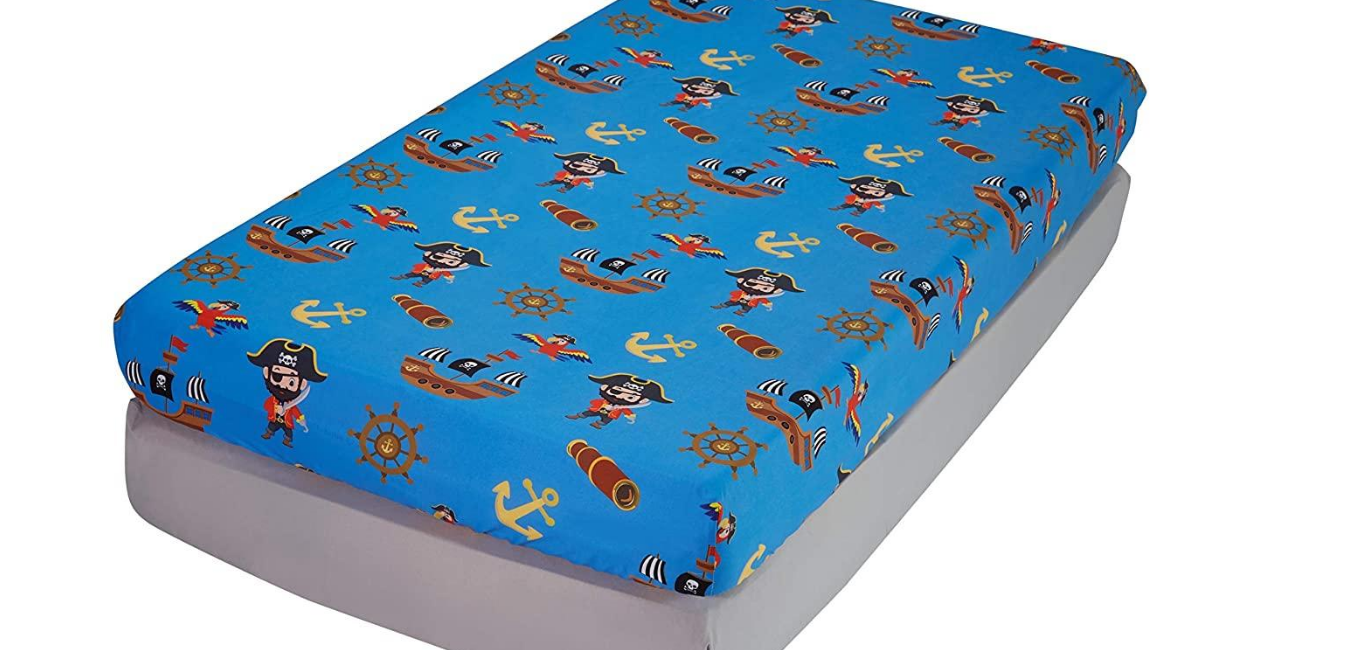 A crib mattress's firmness is crucial for your baby's safety and development. Infants have not yet developed the muscles and strength to move themselves if they happen to roll over onto their stomach while sleeping. A firm mattress helps prevent suffocation and keeps your baby's airways open. Additionally, a firm mattress provides the necessary support for your baby's developing bones and muscles.
A crib mattress's firmness is crucial for your baby's safety and development. Infants have not yet developed the muscles and strength to move themselves if they happen to roll over onto their stomach while sleeping. A firm mattress helps prevent suffocation and keeps your baby's airways open. Additionally, a firm mattress provides the necessary support for your baby's developing bones and muscles.
Types of Firmness
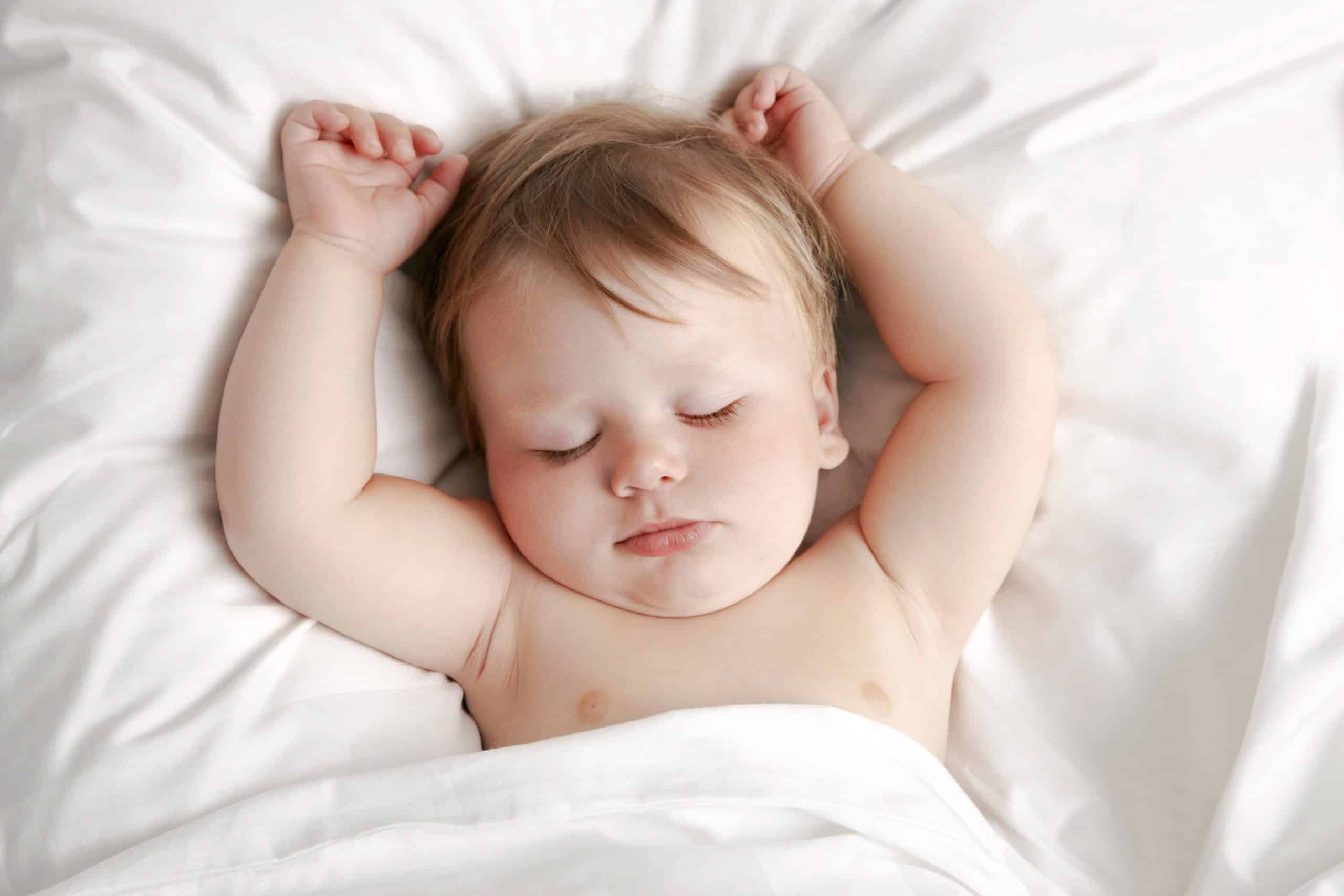 When it comes to crib mattresses, there are two main types of firmness: foam and innerspring. Foam mattresses tend to be firmer, with a more solid and uniform surface. In contrast, innerspring mattresses have a bouncier feel due to the coils inside. Both types can provide the necessary firmness for your baby, but it ultimately comes down to personal preference.
Keep in mind that the Consumer Products Safety Commission recommends a firmness level of 27 or above on the
ILD (indentation load deflection) scale for crib mattresses, so be sure to check the label for this information.
When it comes to crib mattresses, there are two main types of firmness: foam and innerspring. Foam mattresses tend to be firmer, with a more solid and uniform surface. In contrast, innerspring mattresses have a bouncier feel due to the coils inside. Both types can provide the necessary firmness for your baby, but it ultimately comes down to personal preference.
Keep in mind that the Consumer Products Safety Commission recommends a firmness level of 27 or above on the
ILD (indentation load deflection) scale for crib mattresses, so be sure to check the label for this information.
Consider Your Baby's Weight
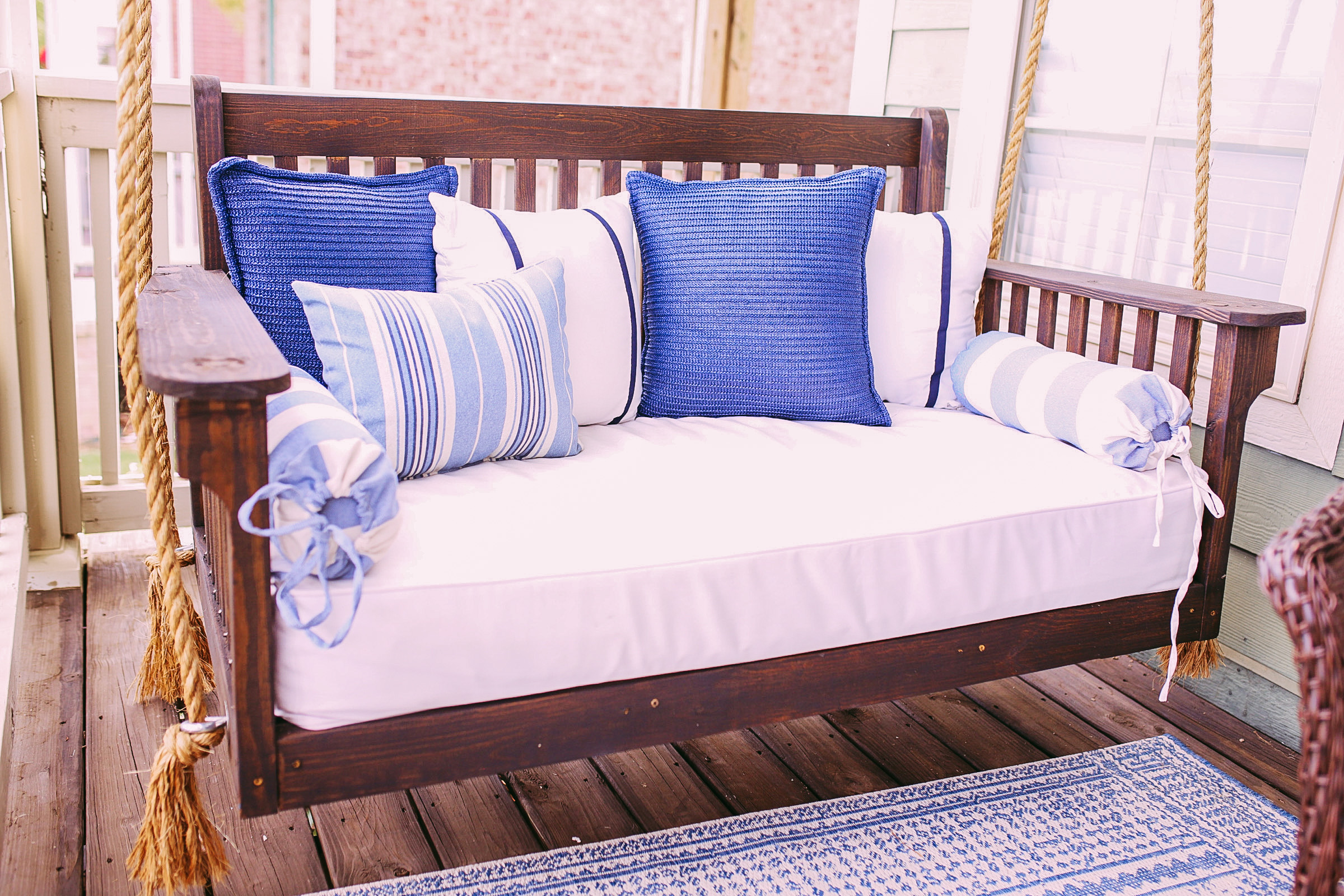 The weight of your baby can also play a role in determining the right firmness for their crib mattress. Heavier babies may need a firmer mattress to provide adequate support, while lighter babies may be more comfortable on a softer mattress. Keep in mind that your baby will continue to grow and gain weight, so you may want to consider a mattress with adjustable firmness options.
The weight of your baby can also play a role in determining the right firmness for their crib mattress. Heavier babies may need a firmer mattress to provide adequate support, while lighter babies may be more comfortable on a softer mattress. Keep in mind that your baby will continue to grow and gain weight, so you may want to consider a mattress with adjustable firmness options.
Testing the Firmness
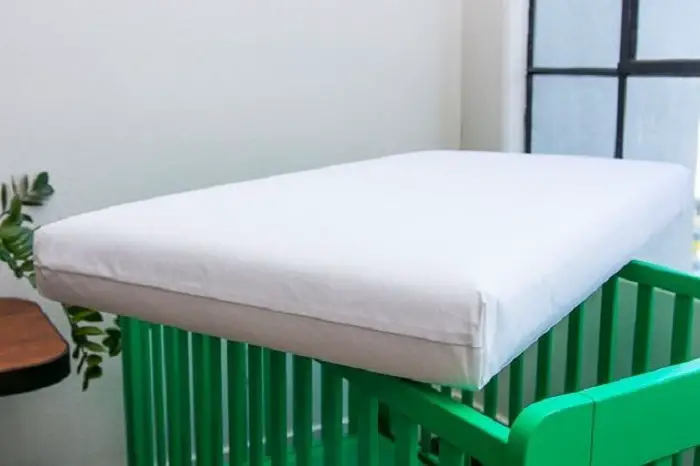 Before making a final decision, it's essential to test the firmness of a crib mattress yourself. Give it a firm press with your hand, and it should quickly regain its shape once you release. If it takes too long to bounce back, it may be too soft for your baby. Additionally, consider placing your hand on the mattress while your baby is lying on it to ensure it provides enough support.
Before making a final decision, it's essential to test the firmness of a crib mattress yourself. Give it a firm press with your hand, and it should quickly regain its shape once you release. If it takes too long to bounce back, it may be too soft for your baby. Additionally, consider placing your hand on the mattress while your baby is lying on it to ensure it provides enough support.
Final Thoughts
 Choosing the right firmness for your baby's crib mattress is crucial for their safety and development. Be sure to do your research and consider your baby's weight and personal preferences before making a decision. And always remember to check the label and test the firmness yourself before purchasing. By following these tips, you can ensure your baby has a comfortable and safe place to sleep.
Choosing the right firmness for your baby's crib mattress is crucial for their safety and development. Be sure to do your research and consider your baby's weight and personal preferences before making a decision. And always remember to check the label and test the firmness yourself before purchasing. By following these tips, you can ensure your baby has a comfortable and safe place to sleep.



